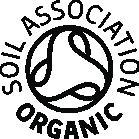
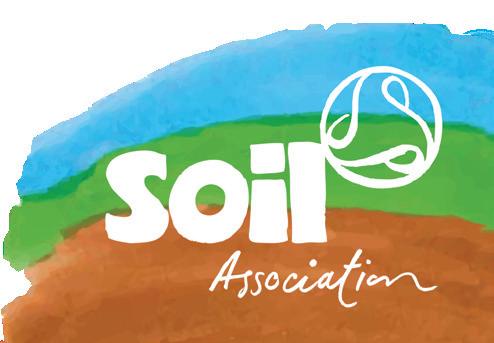
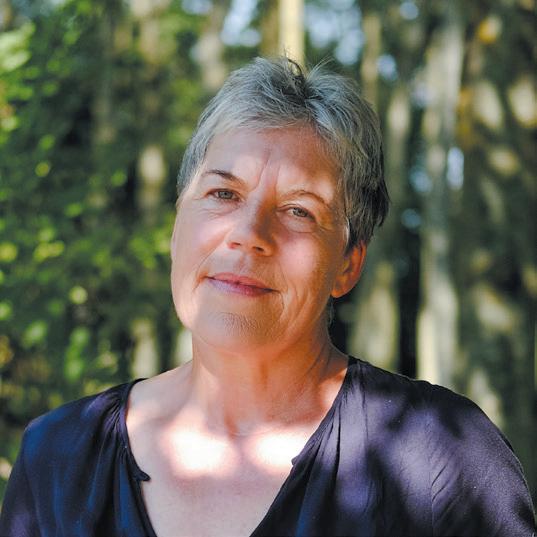




Autumn is always a season of bounty and reflection, and this year feels especially full of both. We’ve been celebrating some remarkable milestones, while also looking at the challenges and opportunities ahead.
One of the real joys to share with you is the news from Woodoaks Farm. When we launched the Black Barn crowdfunder, it felt like a big ask. But you rose to the challenge and then some! Over just a few weeks, your generosity, energy and creativity pushed us beyond our target. That meant we unlocked a major grant from the National Lottery Heritage Fund, securing over £2.4 million to bring this beautiful 16th-century barn back to life. Soon, it will be a space for school children to learn where their food comes from, for volunteers and local people to gather, and for wildlife to thrive. It’s a wonderful reminder of what’s possible when people come together with hope and determination.
Looking ahead, I’d love you to join us for our Annual General Meeting on 13th November. We’ll be meeting online again, which means wherever you are, you can be part of the conversation. It’s always a highlight for me as a chance to share what we’ve achieved, to answer your questions, and to look at what’s next for the Soil Association.
We’re also on the lookout for new trustees to join our Board. If you have experience in food procurement and supply chains, public health, fundraising or community work – or if you simply bring a fresh perspective and passion – we’d love to hear from you. This is a crucial moment, and a diversity of great people around the table will help us achieve our goals.
Thank you, as always, for walking this path with us. Your support keeps me hopeful, and excited for the future.
With warmest wishes,

Helen Browning, CEO and Organic Farmer
We’d like to say a big thank you to you, our members, for your continued support. Together we’re making a real difference to the future of food, farming and nature.

Thank you for signing our petition to tell The Whole Truth
We’re so grateful you’ve added your name alongside more than 20,000 others, calling on the government to stand up to the ultra-processed food industry and put whole and minimally processed foods at the heart of the UK’s Food Strategy.
With your support—and more than 20,000 voices behind us—we’re going back to the Health Secretary, demanding action that puts people’s health above industry profits. We’re also working with MPs to put tough questions to the government in Parliament to help make whole and minimally processed foods the easy, affordable choice for everyone.

In July, we joined thousands of individuals and organisations to participate in The Climate Coalition’s mass lobby of parliament - bringing the issues that are critical to our future, our climate and our health, directly to our elected representatives. Thanks to everyone who travelled, participated, filled in our survey, met their MP and took part in this momentous event. It was great to see some of you among the 5,000 people demanding change for the future!
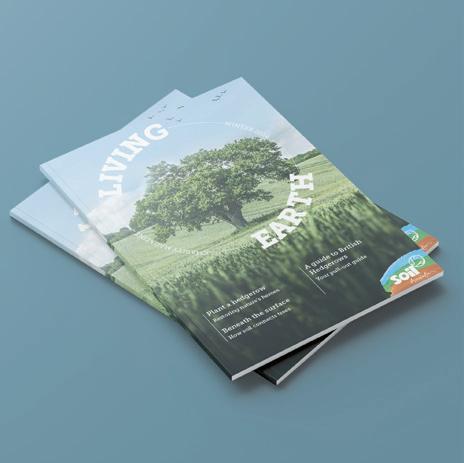
The Science Museum, London has a new, free exhibition about how food must change to protect the planet and we’re a part of it!
The Future of Food exhibition features three editions of Living Earth magazine and a copy of our founder Lady Eve Balfour’s book, ‘The Living Soil’. The exhibition runs until January 2026 and explores how food production has changed and what the future of food holds.
To everyone who made this possible, we can’t thank you enough.
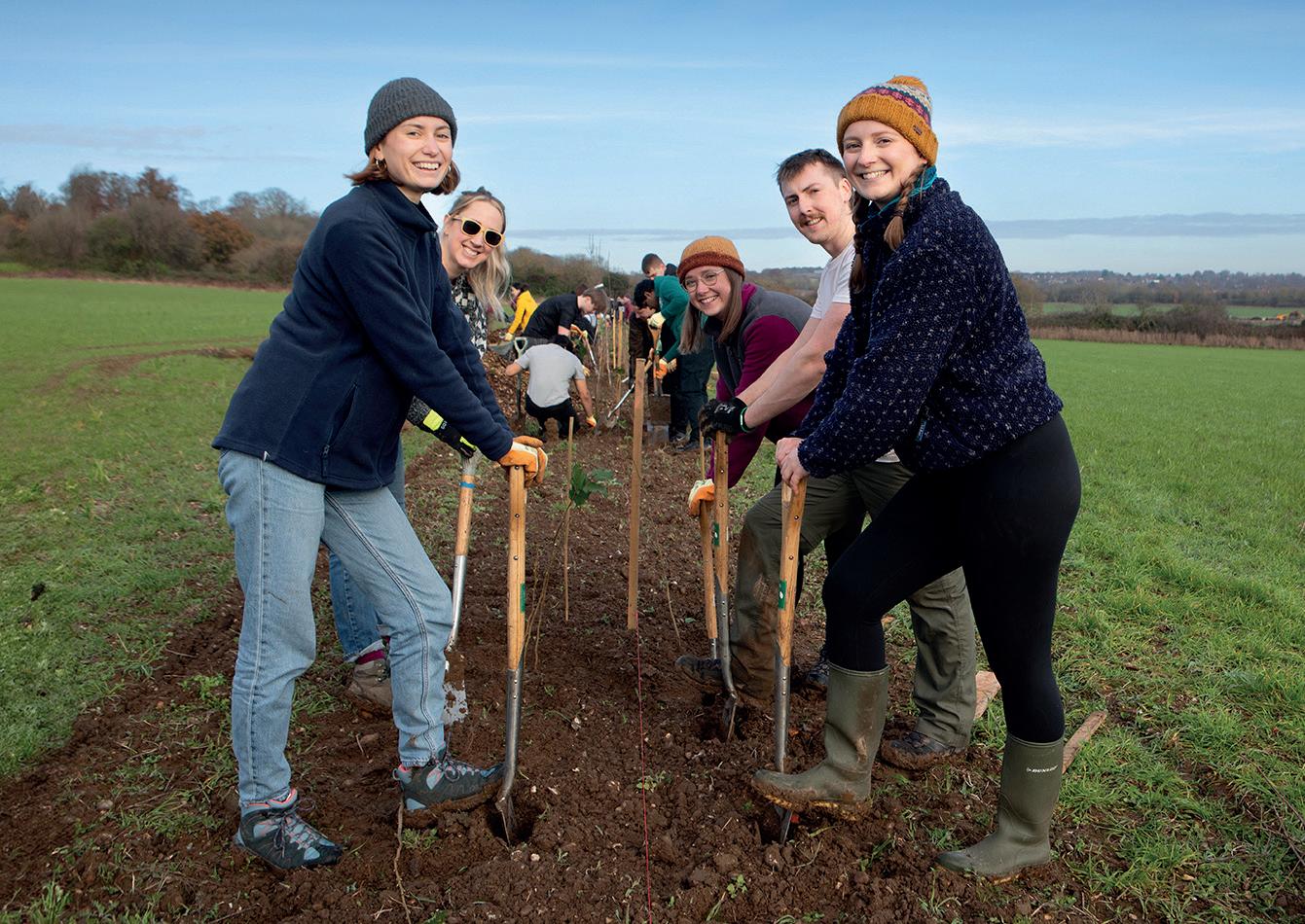
Donate:
As a charity, we rely on generous donations to continue to strive for a world with good health, in balance with nature and a safe climate. If you can, please consider giving an extra donation today: soilassociation.org/donate
Increase your monthly gift to the Soil Association:
Members like yourself are the lifeblood of the Soil Association. Your support means a lot, and even a small increase in your monthly gift to us will go a long way in amplifying our impact on our planet and the wildlife that relies upon it.
Leave a gift in your Will:
The best thing you can do to support a nature-friendly future is to include the Soil Association in your Will. There’s still so much more to be done and knowing we can rely on these special gifts in the future means we can continue protecting our natural world for future generations.
Request our Guide to Gifts in Wills to find out more.
If you’re interested in making an even bigger impact, please do phone us on 0300 330 0022 or pop us an email at memb@soilassociation.org
It’s that grassroots energy - solutions coming directly from the people working with the land - that’s so inspiring.
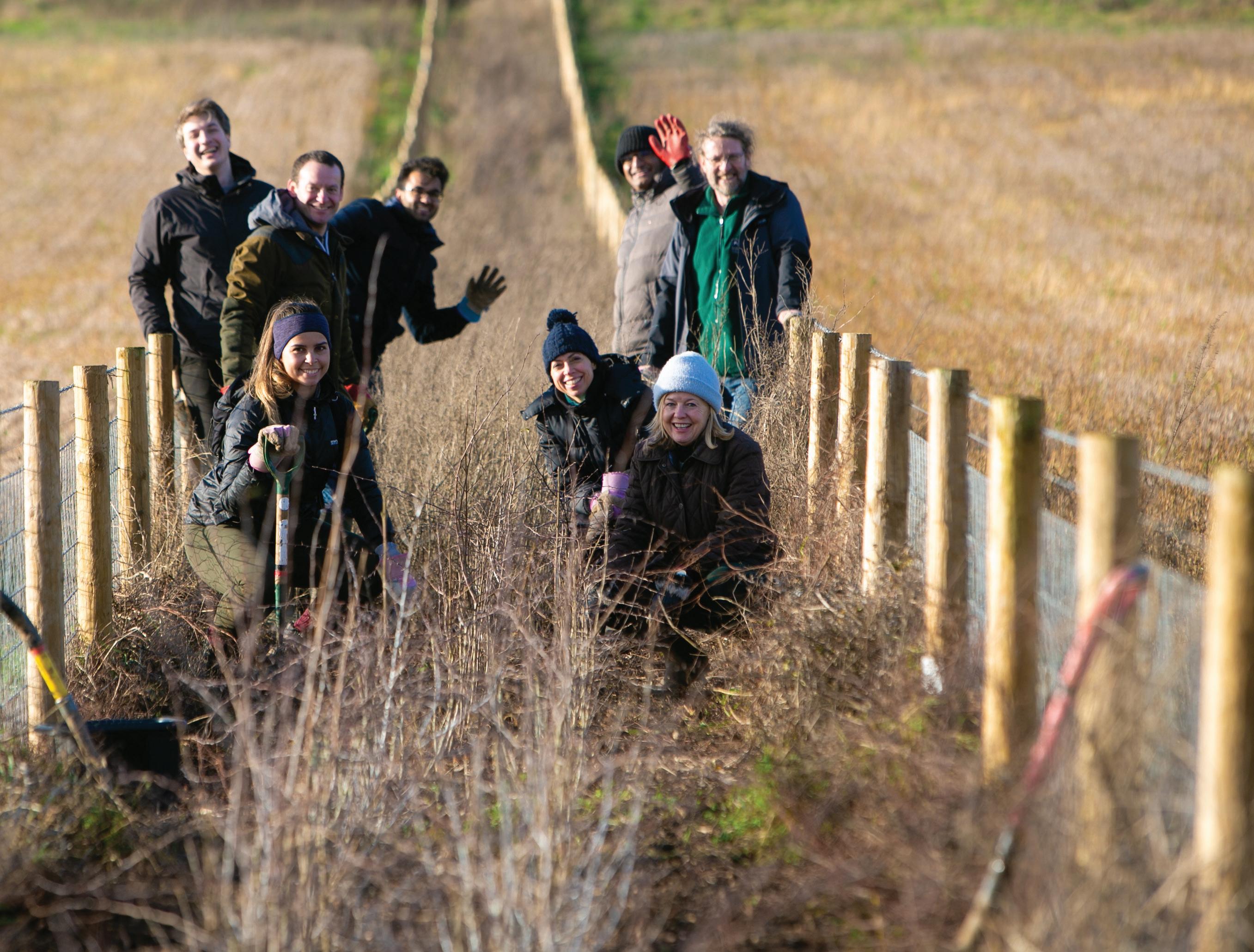
A
After eight years as a trustee and six as Chair, Martin Nye reflects on the challenges, triumphs and moments of hope that have shaped his time at the Soil Association – and why he’s as committed as ever to our mission.
When Martin became Chair of the Soil Association’s Board of Trustees in 2019, he brought not just decades of interest in food and farming, but additional perspectives from living on an organic beef farm in Wiltshire run by his wife Victoria. Now, as he steps down from the role, I sat down with him to reflect on the highs, the challenges, and what keeps him hopeful for the future.
For those who may not know, the Chair of Trustees helps steer the
charity’s overall direction, making sure everything we do stays true to our mission. Martin first joined the Board in 2017 and took on the role of Chair two years later. As he explained,
“I was already a supporter, but the Soil Association’s joined-up thinking and breadth of ambition really struck me. I knew I could help by being more involved and opening doors to new supporters.”

When I asked about standout moments, his answer came quickly. He spoke with pride about Food for Life, our programme that now helps serve over a million healthy school meals every day, and about the Innovative Farmers network, where farmers lead their own practical research. “It’s that grassroots energy - solutions coming directly from the people working with the land - that’s so inspiring,” he told me.
Martin was equally enthusiastic about newer projects, including Woodoaks Farm, which is fast becoming a showcase for nature-friendly and organic farming, and Soil Association Exchange, which is giving farmers the tools to measure and improve both their environmental impact and financial resilience.
Of course, there were tough times too. The Covid-19 pandemic hit just a few months into his tenure as Chair. “It was a huge test for everyone,” he recalled. “But the way the team adaptedpivoting to digital events, finding new ways to reach people - was extraordinary. I was constantly inspired by the creativity and commitment of our staff, and the incredible support from our members.”
As our conversation turned to the future, Martin’s optimism was clear.
There’s a growing movement of farmers who want to work with nature rather than against it. The Soil Association is in a unique position to lead the way, with an approach that’s both practical and rooted in science.
He circled back more than once to the founding idea of the charity: that the health of soil, plants, animals and people is connected. “It’s as true now as it was when the Soil Association began,” he said. “That belief still drives everything we do.”
Although stepping down as Chair, Martin isn’t going far. He’ll continue to chair Soil Association Exchange and remain closely involved in our work. As we wrapped up, he smiled and said,
It’s been a privilege to serve as Chair. I’ve learned so much and I’m proud to still be part of this journey.
If you are interested in joining our Board of Trustees turn to page 31 to find out more.
This spring, you helped take Woodoaks Farm one big step closer to its future as a thriving hub for food, farming, and nature.
When we launched our crowdfunder for the Black Barn Project, the challenge was simple but mighty: raise the final £50,000 needed to unlock a £1.7 million grant from the National Lottery Heritage Fund. That grant, along with other generous support, would bring the total fundraising for the project to an incredible £2.4 million – enough to restore the beautiful 16th-century Black Barn and create a brandnew Education and Community Hub, as well as fund four years of volunteer, conservation, and community engagement work.
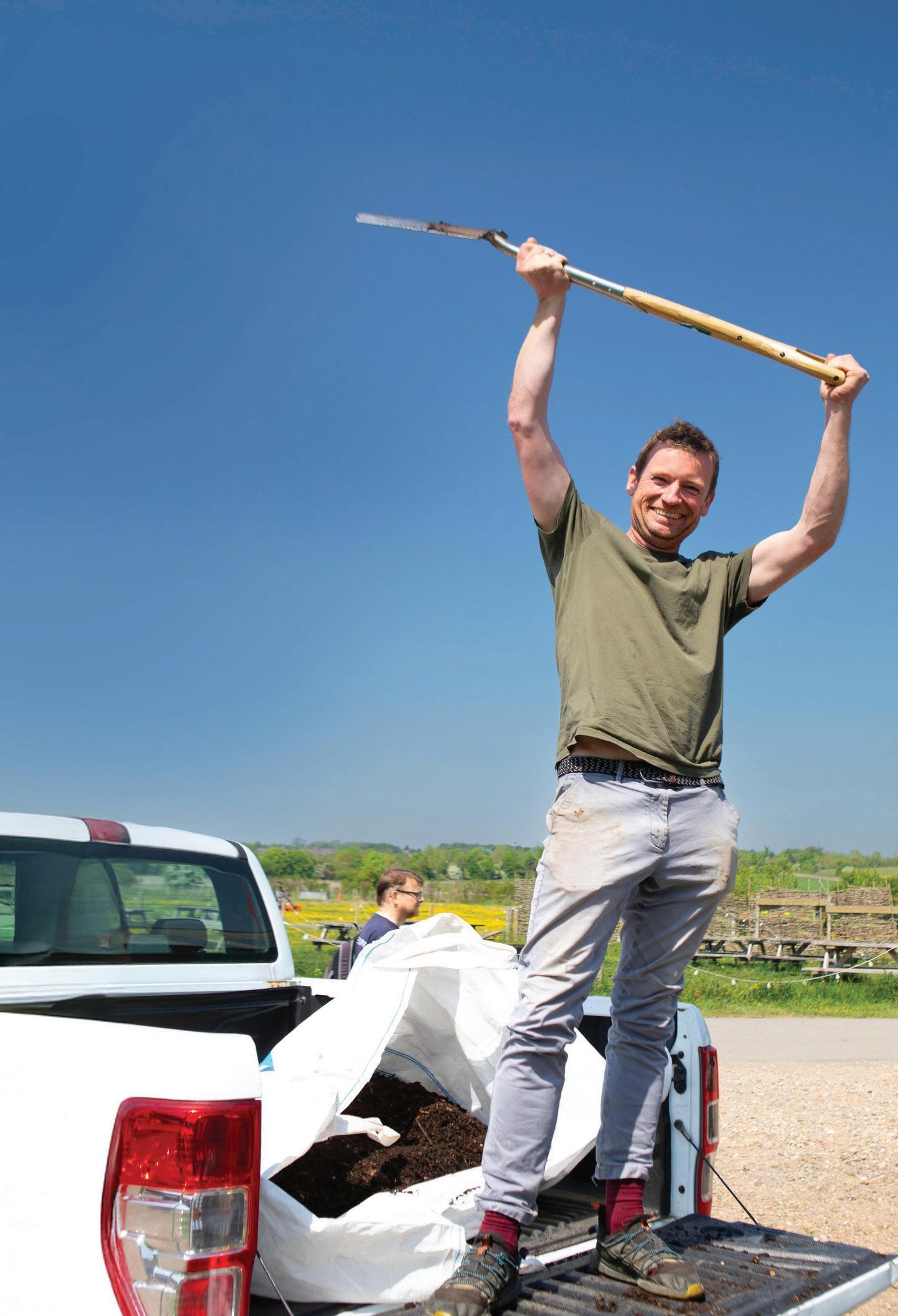
You can keep up to date with all the latest Woodoaks news here: woodoaksfarm.com
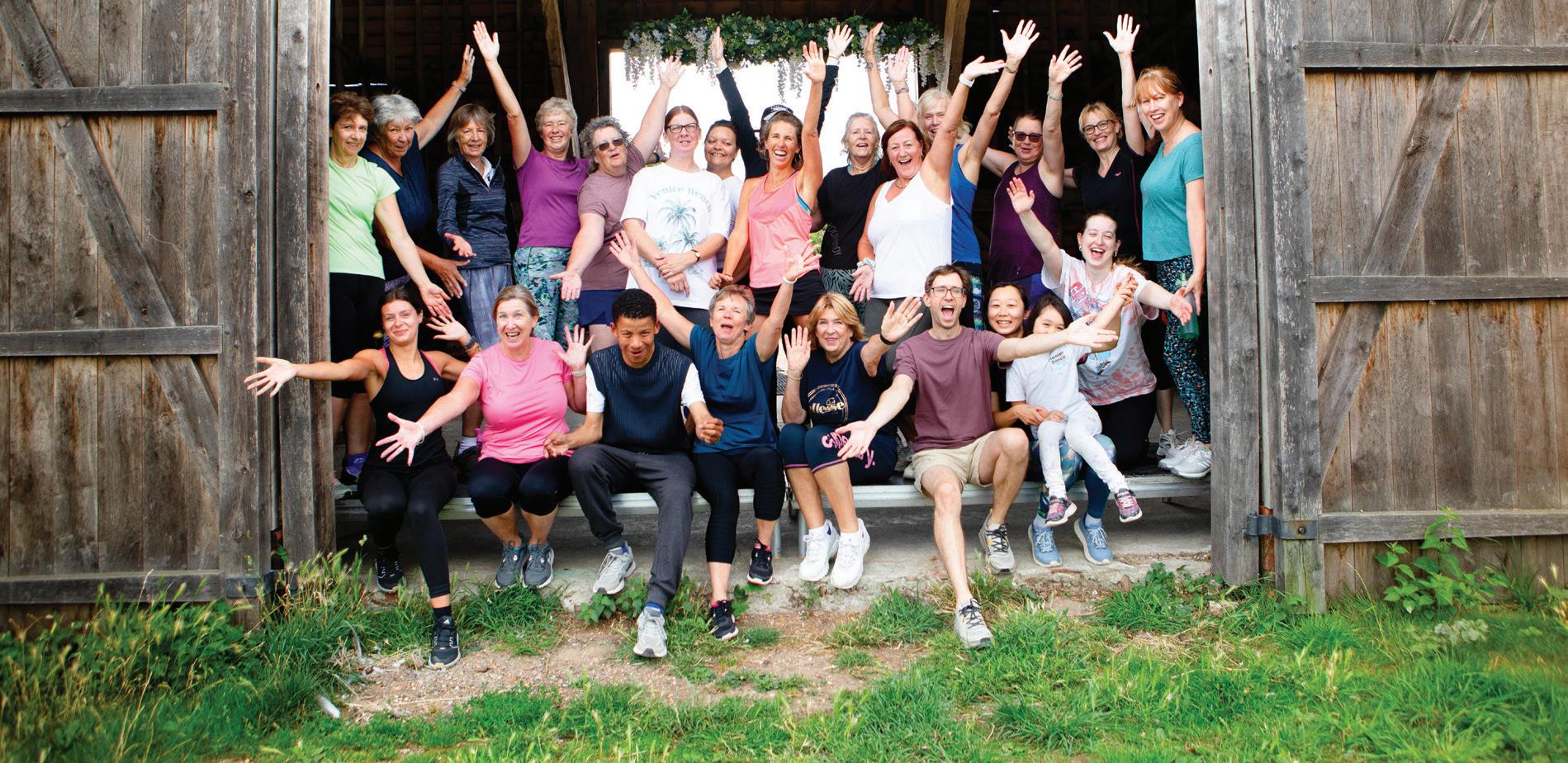
From day one, you rolled up your sleeves, and in some cases, your dancing shoes! Flo Garvey, the compost queen and Zumba teacher, filled the barn with music and laughter on weekends, raising funds with every shimmy. Local allotments and gardens flourished after a compost giveaway, which saw car boots, wheelbarrows, and buckets heading home full, all in exchange for donations. Naturalist Jon Mason inspired a packed house with his talk The Wild Chilterns, reminding us just why projects like this matter.
It was a campaign fuelled by generosity and good humour. Over just seven weeks, your donations –big, small, and everything in between –pushed us past our goal to an amazing £60,000. That extra boost means the project has reached its fundraising target, and Woodoaks Farm is officially one of only six recently highlighted UK projects to receive major funding from The National Lottery Heritage Fund.
So, what’s next? Work starts this October. The restored Black Barn will be a place where school children discover where their food comes from, volunteers share skills, and the whole community can connect with nature. There will be workshops, film nights, growing projects, and plenty of opportunities to simply enjoy the beauty of the farm. And, of course, the wildlife will benefit too – from the
carefully tended chalk grasslands to the new hedgerows and rewilded corners you’ve already helped bring to life.
As Eilish McGuinness, Chief Executive of The National Lottery Heritage Fund put it,
These projects are working to promote the wellbeing benefits of vital green places to reinvigorate and nurture a resilient future for people and our natural environment.
We couldn’t agree more, and we couldn’t have done it without you. Whether you donated, shared our campaign, joined a Zumba class, picked up some compost, or simply cheered us on, you’ve helped create something truly special.
The Black Barn Project is more than just bricks, beams, and floorboards –it’s a promise. A promise that this little corner of Hertfordshire will always be a place where people, nature, and good food thrive together.
Thank you for making it happen.
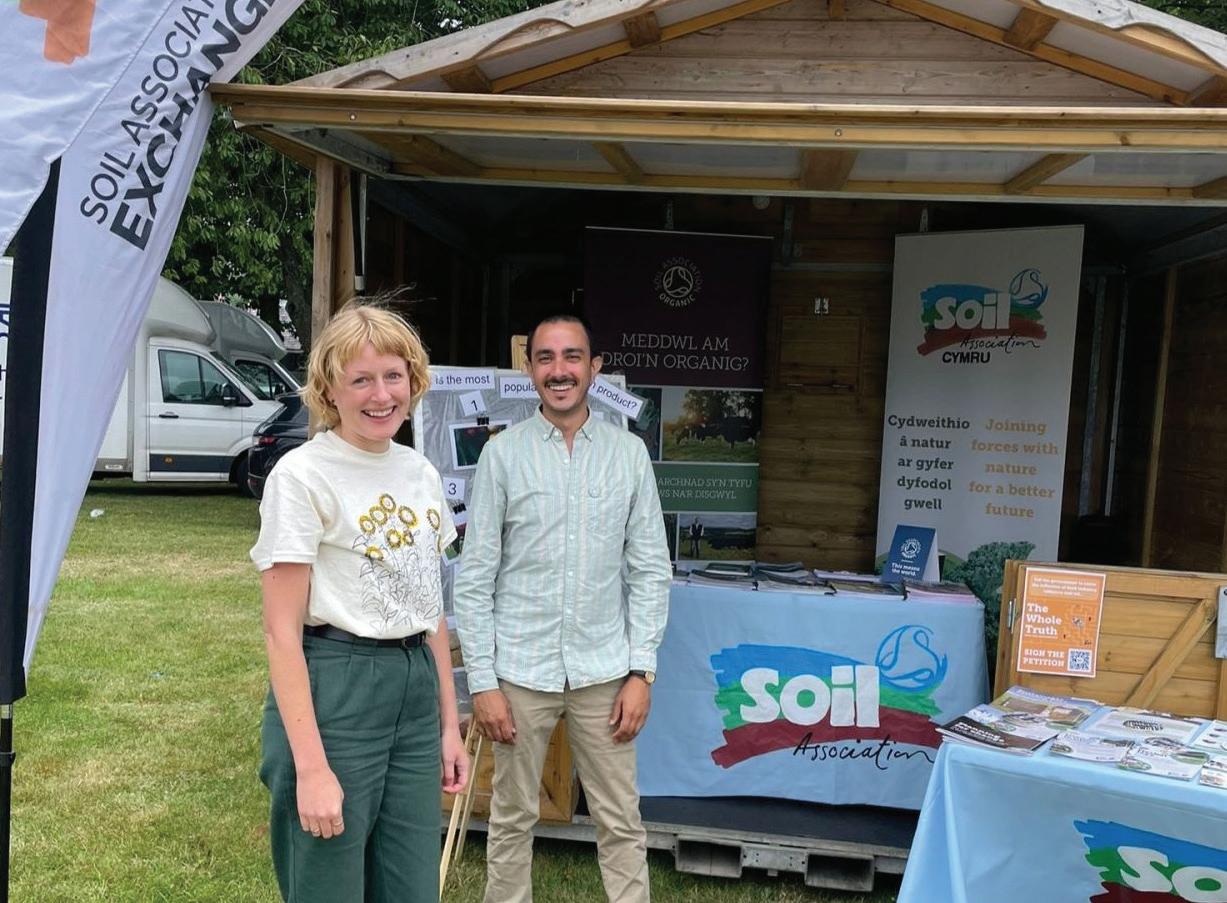
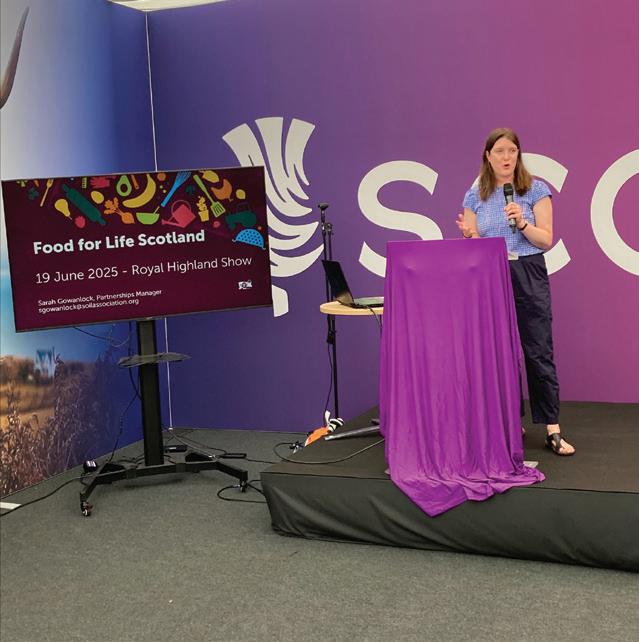
The Soil team have had a busy programme of events this summer, reaching far and wide in the name of organic and nature-friendly farming. Here are some of the highlights!
Neatly coinciding with the Welsh Government’s Sustainable Farming Scheme (SFS) announcement, we attended the Royal Welsh Show to champion all things sustainable farming and organic certification. Armed with the knowledge that Welsh farmers can now get support to convert to organic for the first time since 2022, we look forward to supporting farmers to go organic from January 2026.
The Royal Highland Show was a busy one this year with no shortage of announcements from the
Scottish Government and plenty of opportunities for farmers and growers to mix with policy makers and the wider agricultural sector.
In between attending the other events and talks, we hosted two of our own.
The first was a celebration of success stories in the organic sector with the Scottish Organic Stakeholders Group, and the second was the formal launch of the Scottish Agroecology Partnership. The show was a brilliant way to continue to ensure that Scottish agriculture can adapt to the changing climate and arrest the decline in biodiversity while producing good food for all.
On 9 July, Soil Association staff and members joined thousands of others in London for The Climate Coalition’s mass lobby of Parliament – a day filled with energy, connection and determination. From the moment we stepped into the Queen Elizabeth II Centre, the sense of shared purpose was unmistakable. Stands from over 30 organisations – including the National Trust, Friends of the Earth, Black2Nature, Oxfam and The Wildlife Trusts – drew people in with conversation, ideas and inspiration. Talks, panel discussions and even guided nature walks led by WWF kept

the momentum flowing, with every corner offering a chance to learn and connect.
In the afternoon, the focus shifted to Parliament, where we met MPs including Carla Denyer, Kerry McCarthy and Daniel Zeichner. The conversations were open, passionate and rooted in a shared vision for a healthier future for people, farming and nature. To everyone who travelled, took part, met with their MP, filled in our survey or simply lent their voice, thank you. Together, we showed just how powerful united action can be.

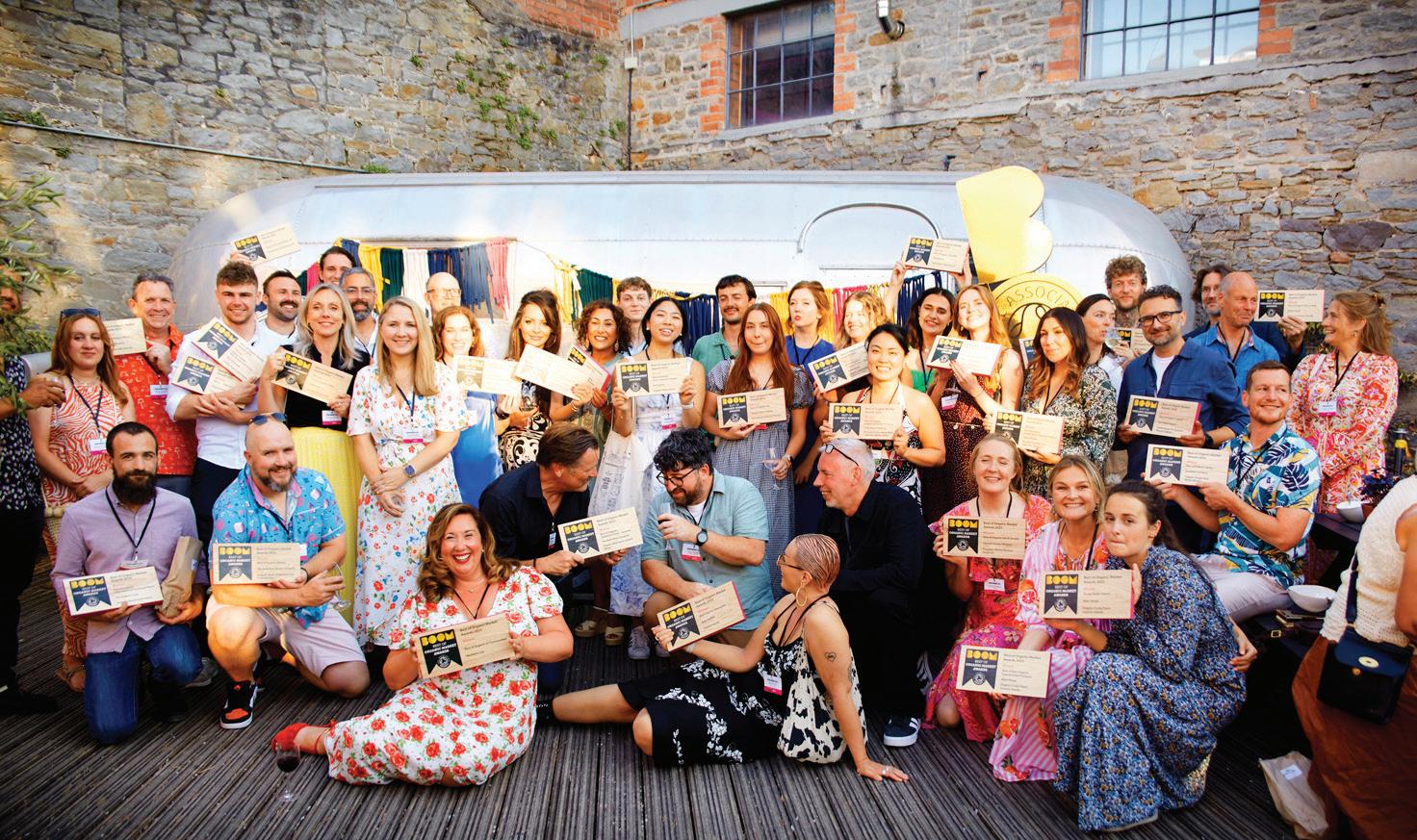
The future is bright for the organic sector
It was a gloriously sunny summer’s evening on Thursday 10th July, when Soil Association Certification celebrated the winners of the 2025 BOOM (Best of Organic Market) Awards, in partnership with Ocado Retail.
The atmosphere matched the beautiful weather as excited finalists, enthusiastic judges and eager figures from across the organic sector gathered in Bristol to discover who had been crowned the winners, from an exceptional pool of finalists.
The awards honoured those businesses and people making a positive difference to nature, people and the planet from across the whole organic sector. This year for the first time ever, the awards also included an “Organic for All” category, created to reward people, businesses and organisations who are helping to
achieve the Soil Association’s goal of making organic more accessible, available and affordable for all in society. This exciting category featured awards for “Communities”, “Champion” and “Gardener”, among others.
Each category was independently judged by an esteemed panel of experts. The food and drink category was blind tasted by an expert panel of judges which included 2024 Masterchef Winner Brin Parathapan, chef and food writer Xanthe Clay and Bake Off contestant and presenter Briony May Williams.
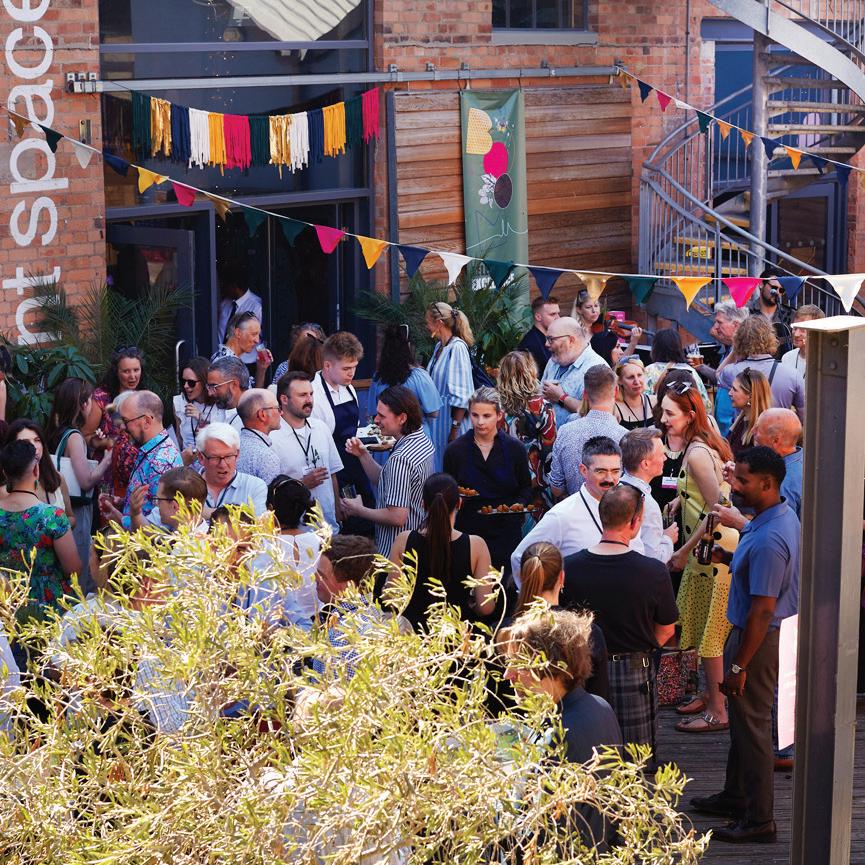
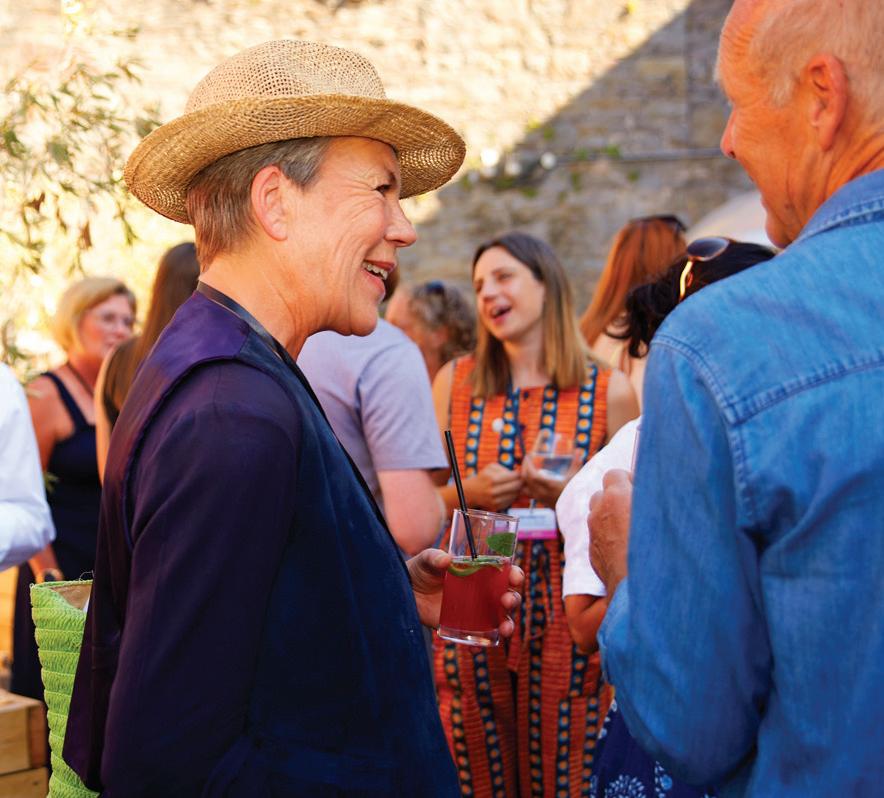
Soil Association Certification’s Commercial & Marketing Director, Georgia Phillips, spoke warmly at the start of the ceremony: “We are delighted to reveal this year’s BOOM Award winners. The judging process was rigorous, and the finalists and winners deserve glowing recognition for being selected as the best that the UK organic market has to offer. The future is bright for the organic sector, with organic farming directly meeting consumer demands for products that address carbon emissions and biodiversity whilst also supporting our health.”
Notable recipients include the winner of the “Best Organic Champion” Award Sean Ruffell, Managing Director at Organic North. The award recognises Sean’s hard work supplying more affordable organic produce to schools in Manchester as well as independent retailers, restaurants, bakeries and cafés nationwide.
Emotions were high in the room as Soil Association CEO Helen Browning OBE introduced this year’s “Special Contribution Award”, which recognises individuals who have dedicated their life to organic. This year the three incredible honourees were all Scottish women. Pam Rodway from Wester Lawrenceton Farm and Charlotte Mitchell each received a “special mention”, and David Finlay from The Ethical Dairy Company accepted the Special Contribution Award, both for himself, but also posthumously on behalf of his wife and business partner Wilma, who passed away earlier this year. David and Wilma pioneered a technique at their dairy which kept calves with mother cows, and Wilma was previously recognised with an MBE for her services to agriculture and tourism in Scotland.
All in all it was a truly magical evening, and a firm favourite event in the organic calendar. You can browse the finalists and winners on our website: soilassociation.org/boomawards

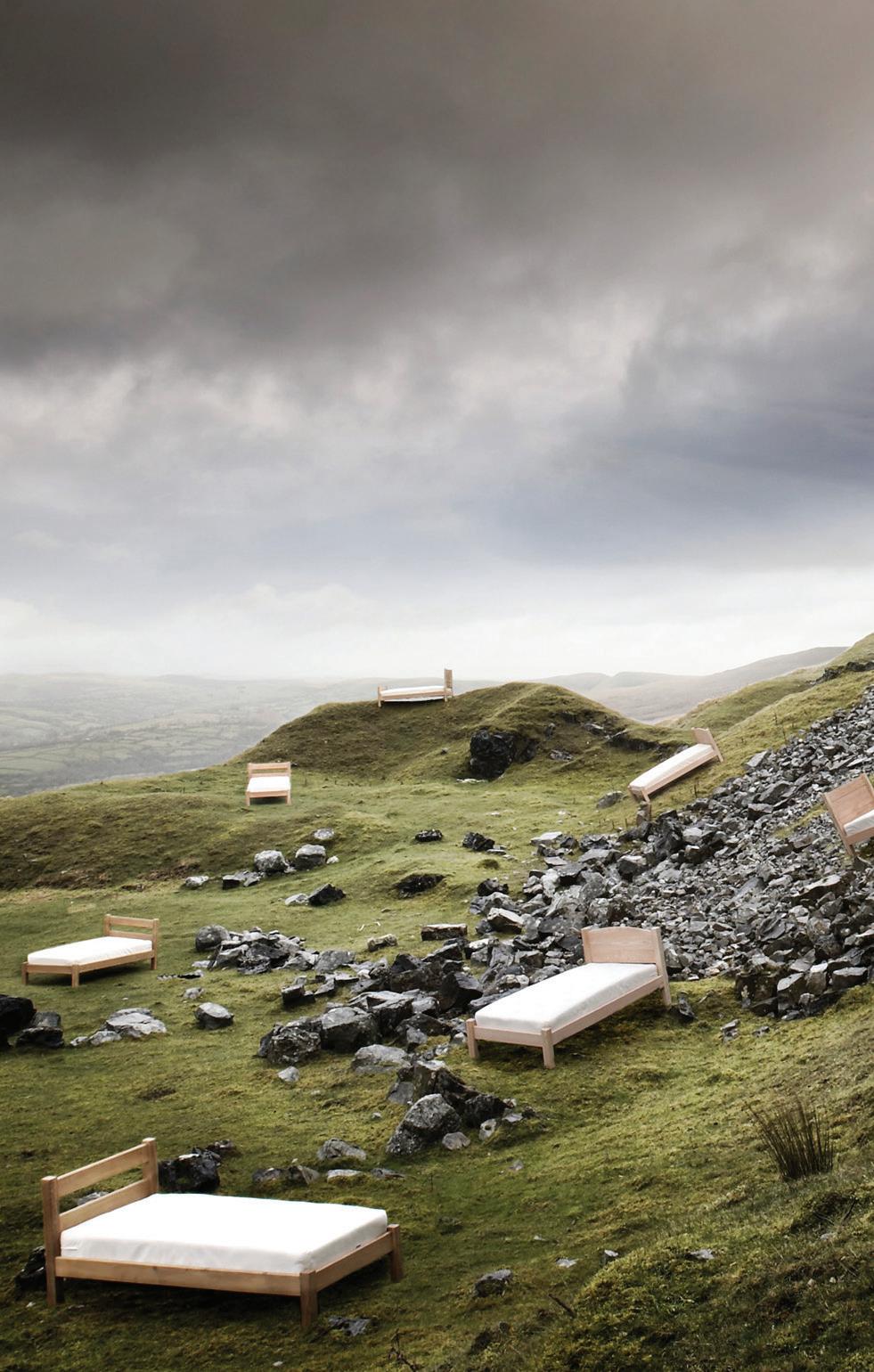
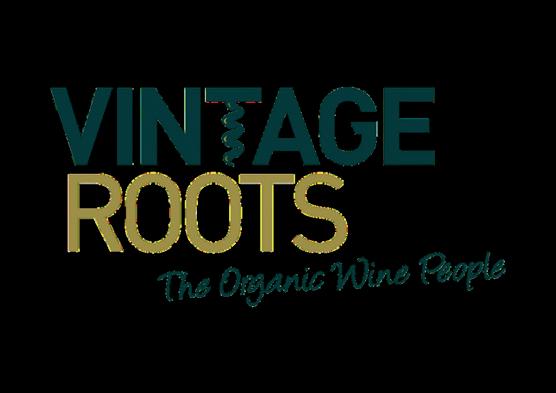
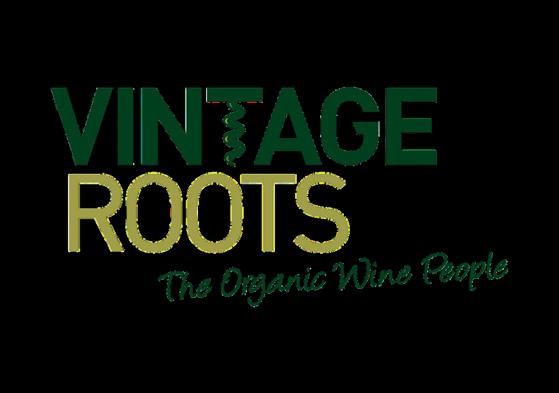


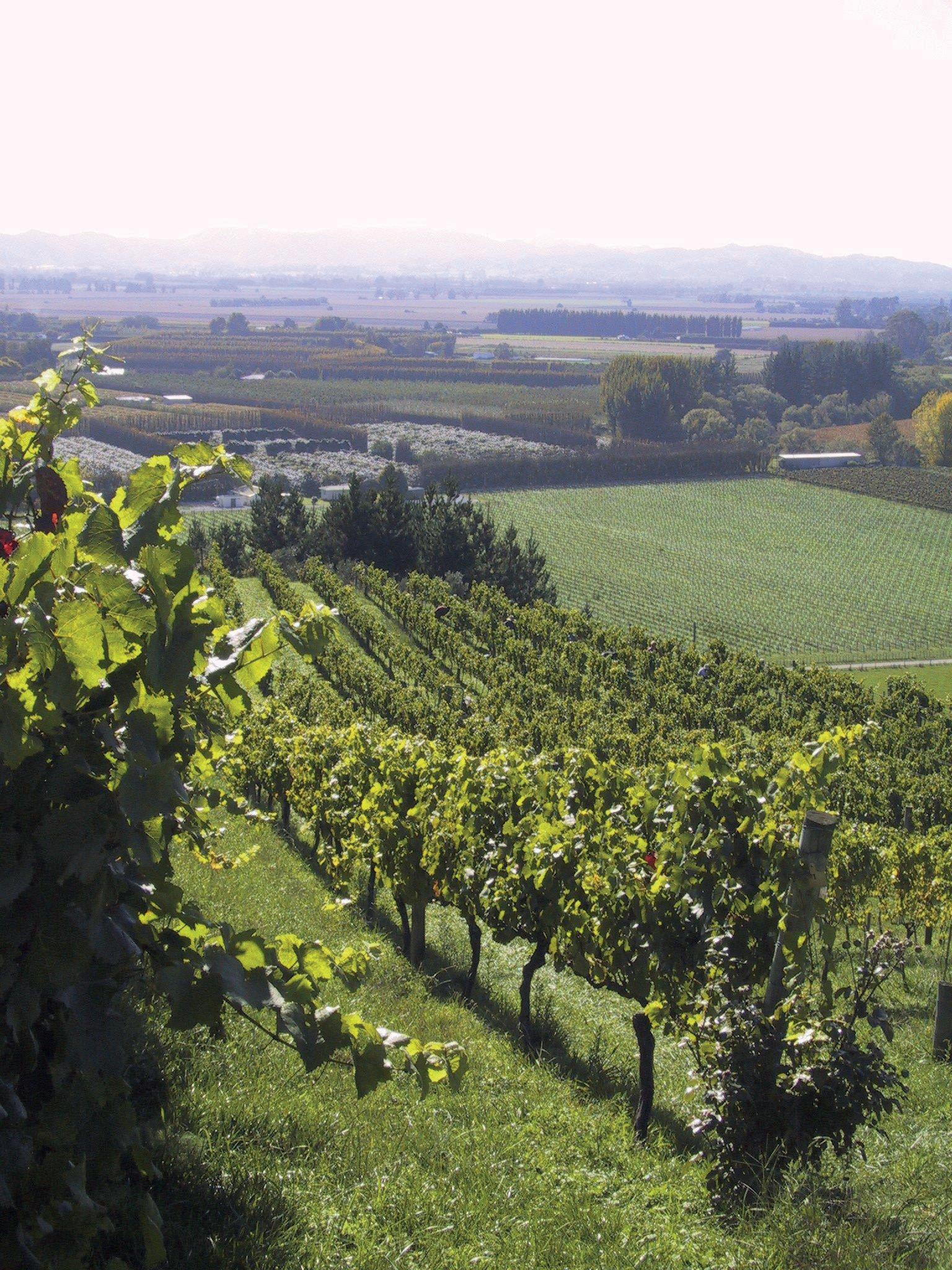
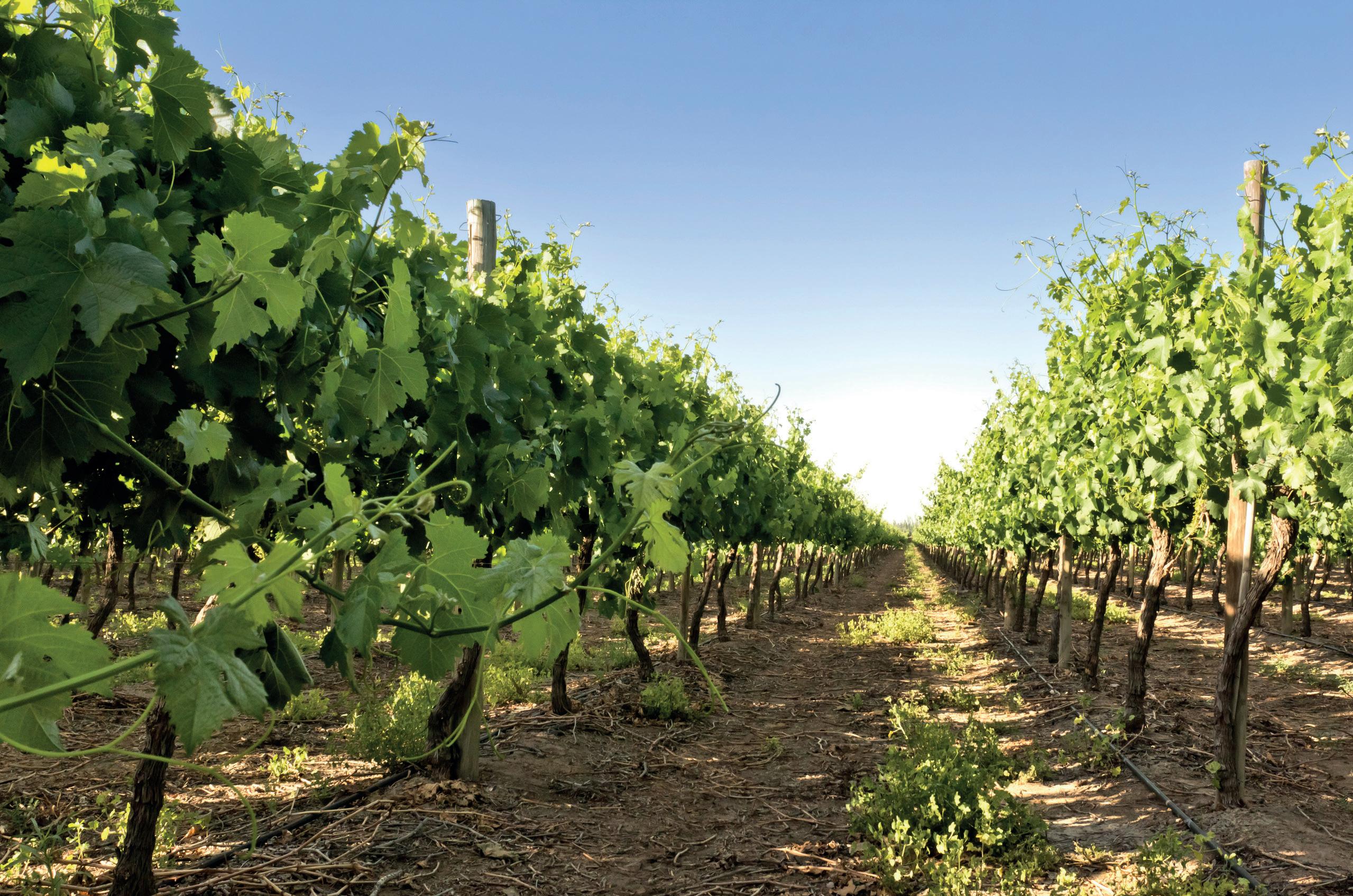
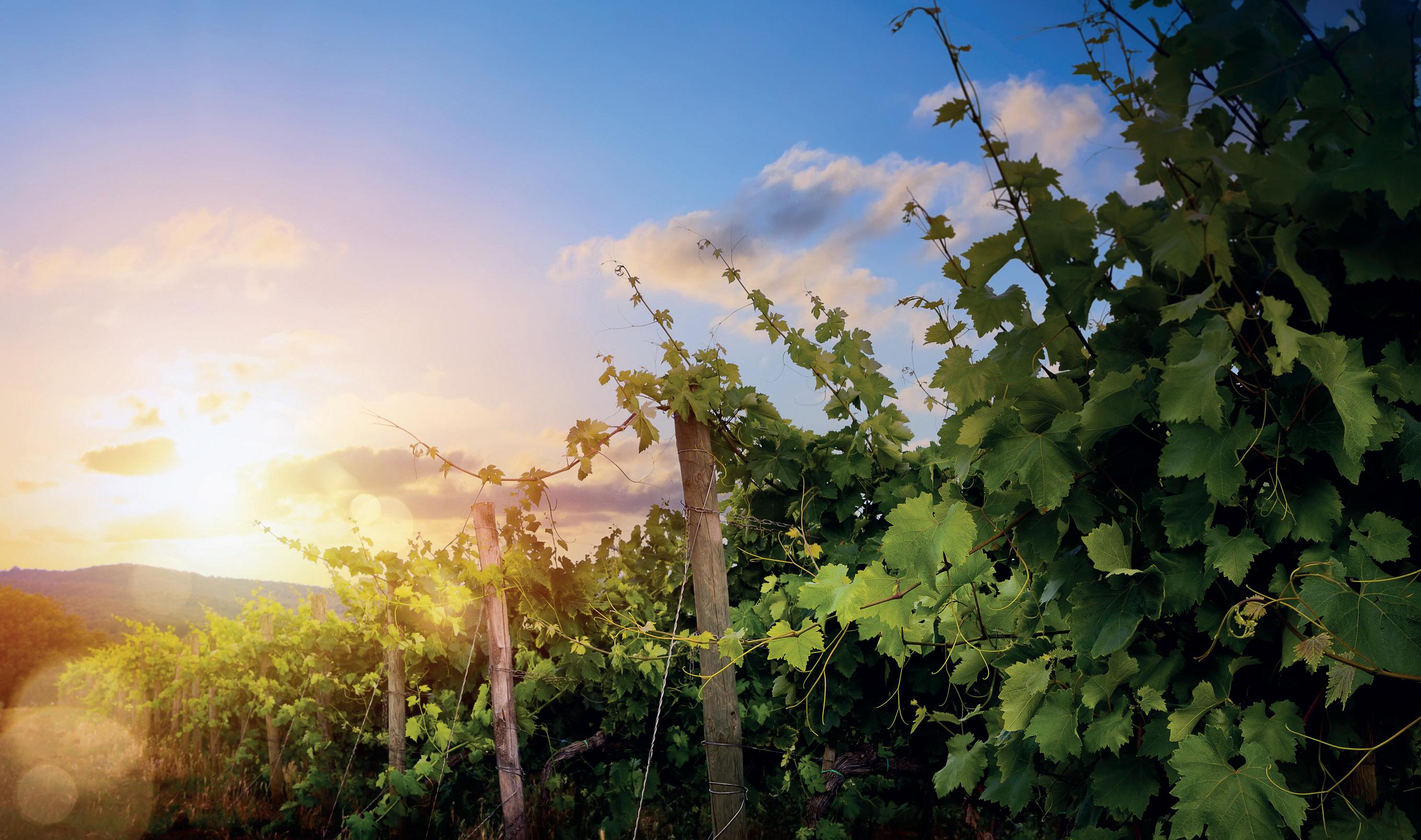
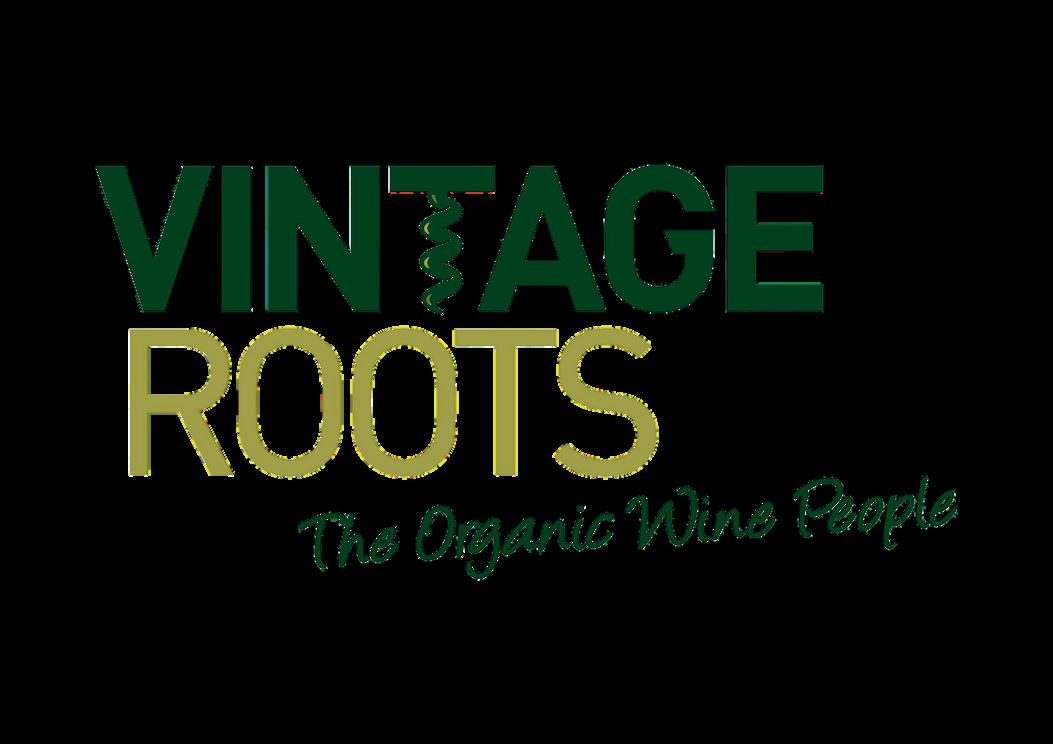
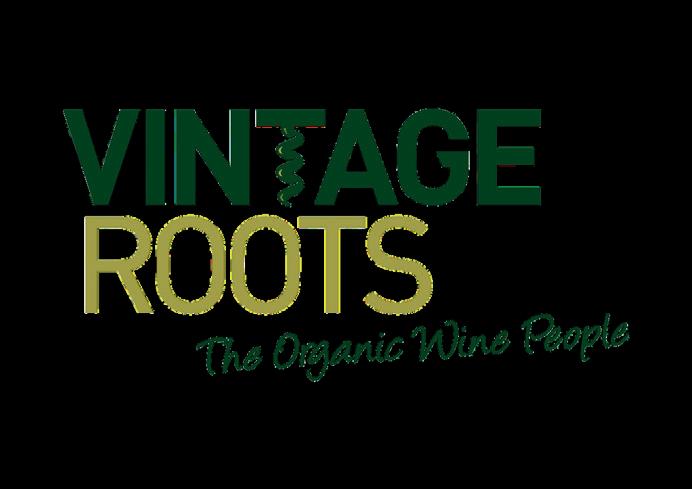















In this issue of Living Earth, we sit down with Ben Raskin, our Head of Agroforestry, to talk about trees on farms, why they matter, and how his journey from an Italian vineyard to the Soil Association has shaped his work.
Ben, thanks for joining us today. Could you start us off with a bit about yourself and how you came to be at the Soil Association?
I didn’t grow up on a farm – my parents were lawyers – but I discovered horticulture in my mid-20s while
working on an organic vineyard in Italy. That experience completely hooked me. When I came back to the UK, I trained in horticulture and spent 12 years as a commercial organic vegetable grower, including running the walled garden at Gravetye Manor in Sussex and setting up the market garden at Daylesford Organic.
I moved to the Soil Association almost by accident – I heard about a role, thought it would be a short-term step while I looked for land in the South West, and here I am 19 years later!
For those who might not know, what is horticulture?
Horticulture is essentially the cultivation of plants – fruit, vegetables, herbs, ornamentals – on any scale. It’s different from agricultural farming but covers everything from propagation to market gardening. My work has shifted from horticulture into agroforestry in recent years, but they’re closely linked.
Integrating trees into farmland opens up almost the whole country for planting, without taking it out of food production.
I’m part of the Farming and Land Use team. Our role is to support farmers in three main ways:
• Helping existing organic farmers improve and keep up with the latest research.
• Encouraging more farmers to go organic.
• Supporting all farmers – whether or not they’re certified – to adopt more nature-friendly practices.
We do this by providing technical advice, running events, producing resources, and crucially, bringing people together – farmers, advisors, researchers and policymakers – to share knowledge.
So, what exactly is agroforestry?
Put simply, agroforestry is the deliberate integration of trees into farming. That could mean hedgerows, farm woodlands, rows of trees in fields, or small copses. The idea is to make trees part of the farming system – improving biodiversity, protecting livestock from heat, reducing soil erosion, and even boosting yields. We want trees to be seen not just as a nice extra, but as a vital farming tool.
Why is agroforestry important for the future?
With climate change bringing more extreme weather, trees help buffer farms against heat, wind and heavy rain. They offer shade for animals, shelter for crops, and habitat for wildlife all while supporting productivity. Ten years ago we had to explain what agroforestry was; now, it’s part of mainstream farming conversations. The challenge is making it a normal part of farm planning.
What do you wish more people knew about it?
That it’s not just for big farms, you can apply agroforestry principles in your own garden. And if we’re serious about meeting tree-planting targets, we can’t rely on turning land into forests alone. Integrating trees into farmland opens up almost the whole country for planting, without taking it out of food production.
This is such a big topic, where can people learn more?
Our Agroforestry Handbook is a great starting point, and for gardeners, the Silvohorticulture book I co-wrote with Andy Dibben applies the same principles on a smaller scale. Both show how trees and farming – or gardening – can thrive together.
Every September, Remember a Charity Week sparks conversations about what we’d like to leave behind for the next generation. For many Soil Association members, that means a greener countryside, thriving wildlife and healthier food for everyone
David is one of them. He’s spent a lifetime walking the fields, hearing skylarks in the spring and watching the seasons turn. “Leaving a gift in my will just felt like the natural next step,” he told us. “It’s my way of giving something back to the land that’s given me so much.”
Carolyn’s story is just as heartfelt. She said,
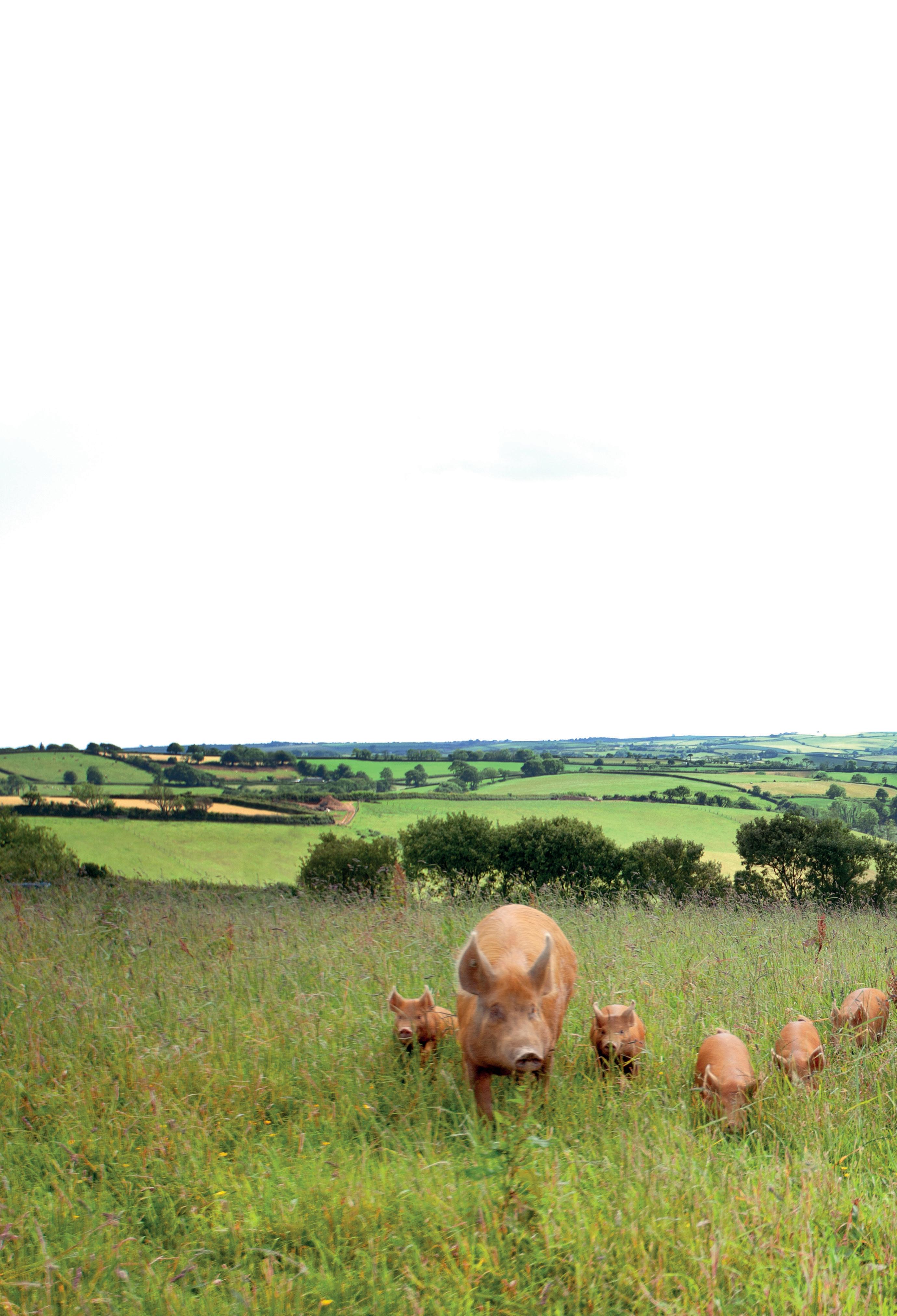
We don’t have children, so this felt like a way to pass something on I want the world to be less polluted, more respectful of nature. That’s my legacy.
Gifts like theirs power so much of our work. They help bring pollinators back to wildflower meadows, support farmers to work with nature, and put fresh, healthy food on the plates of schoolchildren across the country. They’re the quiet, steady force behind big, visible change.
And leaving a gift to the Soil Association isn’t just a promise, it’s an invitation. When you tell us you’ve remembered the Soil Association in your will, you’ll join our Balfour Society. It’s a warm and welcoming group of like-minded people who share your passion for protecting the planet. As a Balfour member, you’ll get updates on what we’re doing including our future plans, and invitations to special events, like guided tours of the stunning Highgrove gardens.
Leaving a gift in your Will doesn’t have to be complicated, and you don’t need great wealth to make a real difference. Every pledge, no matter the size,
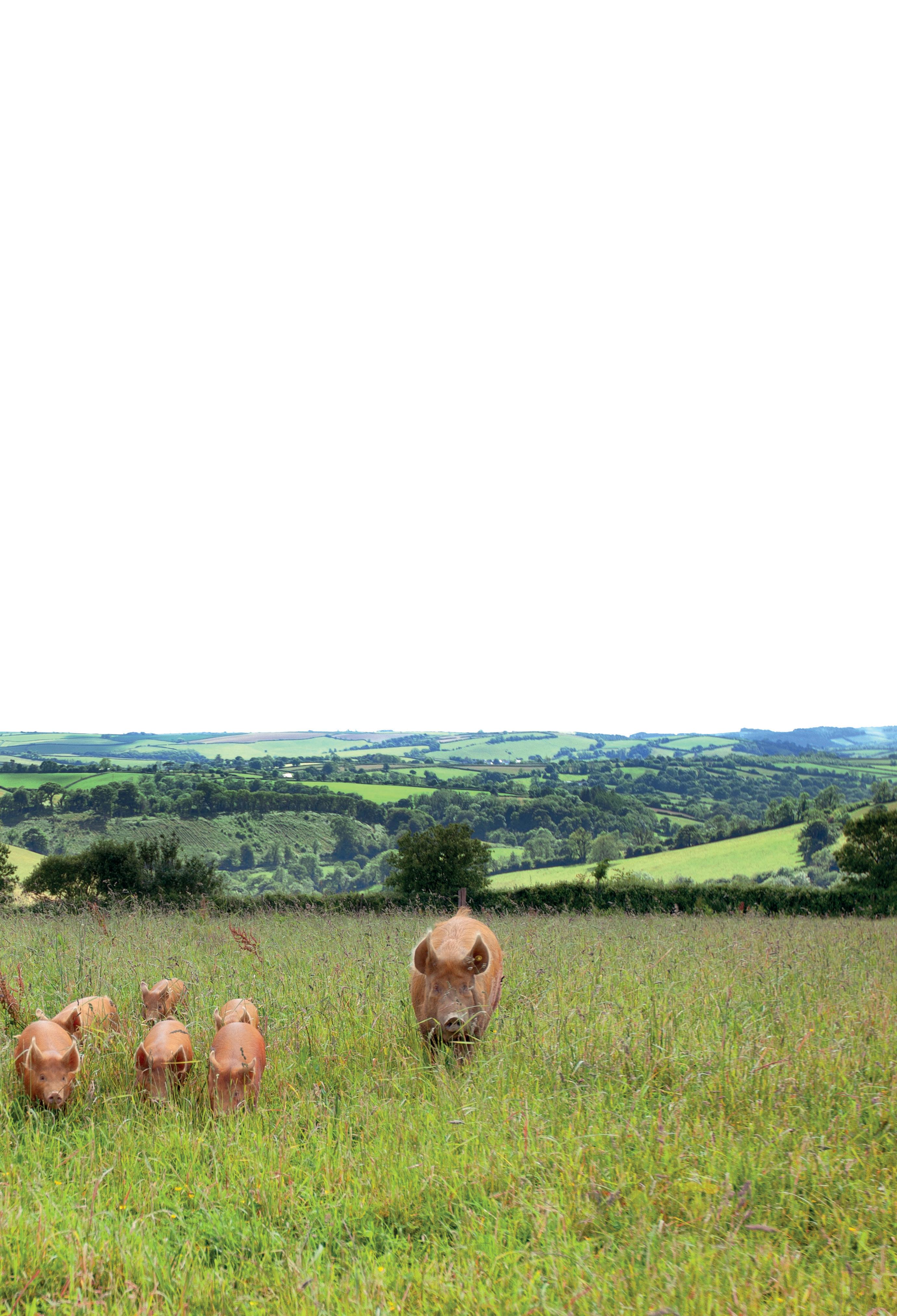
becomes part of something much bigger - helping us protect soil, wildlife and communities for years to come.
If you’ve ever found joy in a buzzing hedgerow, the first snowdrop of the year, or the taste of food grown in healthy soil, then you’ve felt the kind of future these gifts help protect.
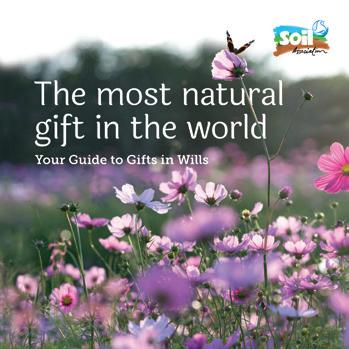
Thinking about it? We’ve made it easy to explore your options with our free Gifts in Wills guide. Pop the reply slip from this magazine in the post or contact us on 0117 914 2432 or giftsinwills@soilassociation.org
Because the future we dream of – healthy people, richer soil, thriving wildlife - is worth planning for today.
Gut health has been making headlines lately, but it’s far more than a passing trend.
Your gut is home to trillions of microbes that help you digest food, support your immune system, and even influence your mood. In fact, around 90% of serotonin – the body’s “happy hormone” – is made in the gut.
It’s a reminder of what our founder, Albert Howard, recognised as far back as the 1940s: “The health of soil,
plants, animals and (hu)man is one and indivisible.” When we look after the ground beneath our feet, we grow healthier plants, which in turn provide more nourishing food and ultimately, that benefits our own health. The link between soil and people might not be immediately visible, but it’s there in every bite we take.
Organic farming works with nature to protect and build this connection. Instead of relying on artificial pesticides and synthetic fertilisers, organic
I’m going to commit to buying organic as much as possible now. I see it as an investment in my health.
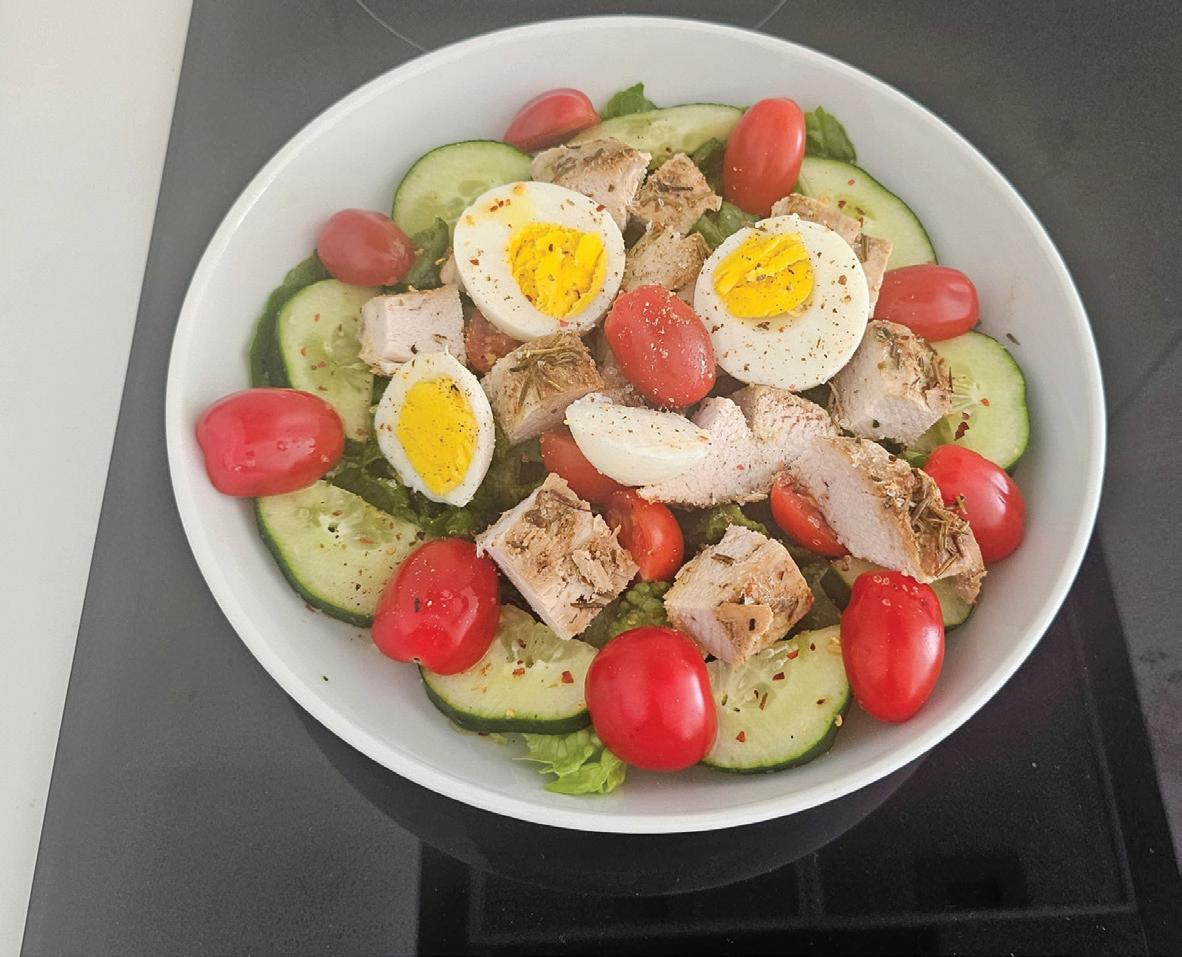
farmers nurture soils that are alive with earthworms, fungi, and countless other microscopic helpers. This healthy soil produces crops richer in nutrients such as iron, magnesium, and vitamin C, and often higher in antioxidants – the compounds that help feed the “good” bacteria in our gut. By contrast, research has shown that chemical residues like glyphosate can disrupt the delicate balance of the gut microbiome by harming these beneficial microbes.
This Organic September, we’ve teamed up with The Functional Gut Clinic to put this connection to the test. We invited five volunteers who don’t usually buy organic to swap one food group – such as fresh produce, grains, or animal products – for entirely organic versions for a month. Thanks to weekly deliveries from Abel & Cole, they explored a wide range of organic produce.
While the clinic is carrying out scientific tests before and after the month to look for changes in gut health, the volunteers’ personal experiences have been striking.
Shalina, 51, from London, swapped to organic and noticed less bloating, more
energy, and even improvements to her skin and sleep. “The food tastes amazing – my parents couldn’t believe how tasty the tomatoes were,” she told us. “I’m going to commit to buying organic as much as possible now. I see it as an investment in my health.”
For others, the change was in quality and freshness. One volunteer swapped to organic meat, dairy, and eggs and found the flavour to be far superior. They also said that planning meals around fresh organic deliveries had helped them cut down on junk food.
Early findings show that while the overall balance of the gut microbiome wasn’t significantly changed, all participants saw improvements to the permeability of their intestinal lining. If the intestinal lining is more permeable than it should be, this can be a condition called “leaky gut” – when larger particles such as undigested food, bacterial toxins or microbes slip into the bloodstream. This has been linked to digestive problems, headaches, fatigue and inflammation. However, more research is needed to fully understand the benefits of choosing organic for our gut health.

This comforting hot pot from Clearspring can be made with a variety of ingredients – try adding tofu, chicken, pork or any vegetables of your choice to find your flavour!
Serves: 2
Cooking time: 15 minutes
Ingredients:
• 200g Udon Noodles
• 3 tbsp Miso Paste
• 1 pak choi
• 1 small carrot
• ½ leek
• 4 shiitake mushrooms
• Dashi – stock cubes or premade liquid, 1 litre
Method:
1 Bring a large pot of water to boil and cook the noodles according to instructions on the pack. Drain and rinse under cold water to stop them from cooking further.
2 Cut all the vegetables and mushrooms lengthways into strips and add to the dashi stock in a pan, then bring to a boil.
3 Turn off the heat and add the miso paste into the soup pot.
4 Add the udon noodles and let them simmer in the soup.
5 Serve in a soup bowl with grated ginger, spring onion and sprinkle some sesame seeds and Shichimi.
Toppings (optional)
• Thumb size ginger grated or finely sliced
• 1 Spring onion
• 1 tsp toasted sesame seeds
• ½ tsp Shichimi Togarashi - Seven Spice Blend
• Or substitute with chilli flakes, sesame seeds, pepper and ground ginger
As the recipe says ‘add any vegetables to this soup’! Getting plant diversity - eating as many different types of plants each week as possible - provides a variety of prebiotics to optimise gut health. Prebiotics are fuel for our gut microbes and this soup is a really easy way to do just that.
Dr
Lucy Williamson, Nutritionist

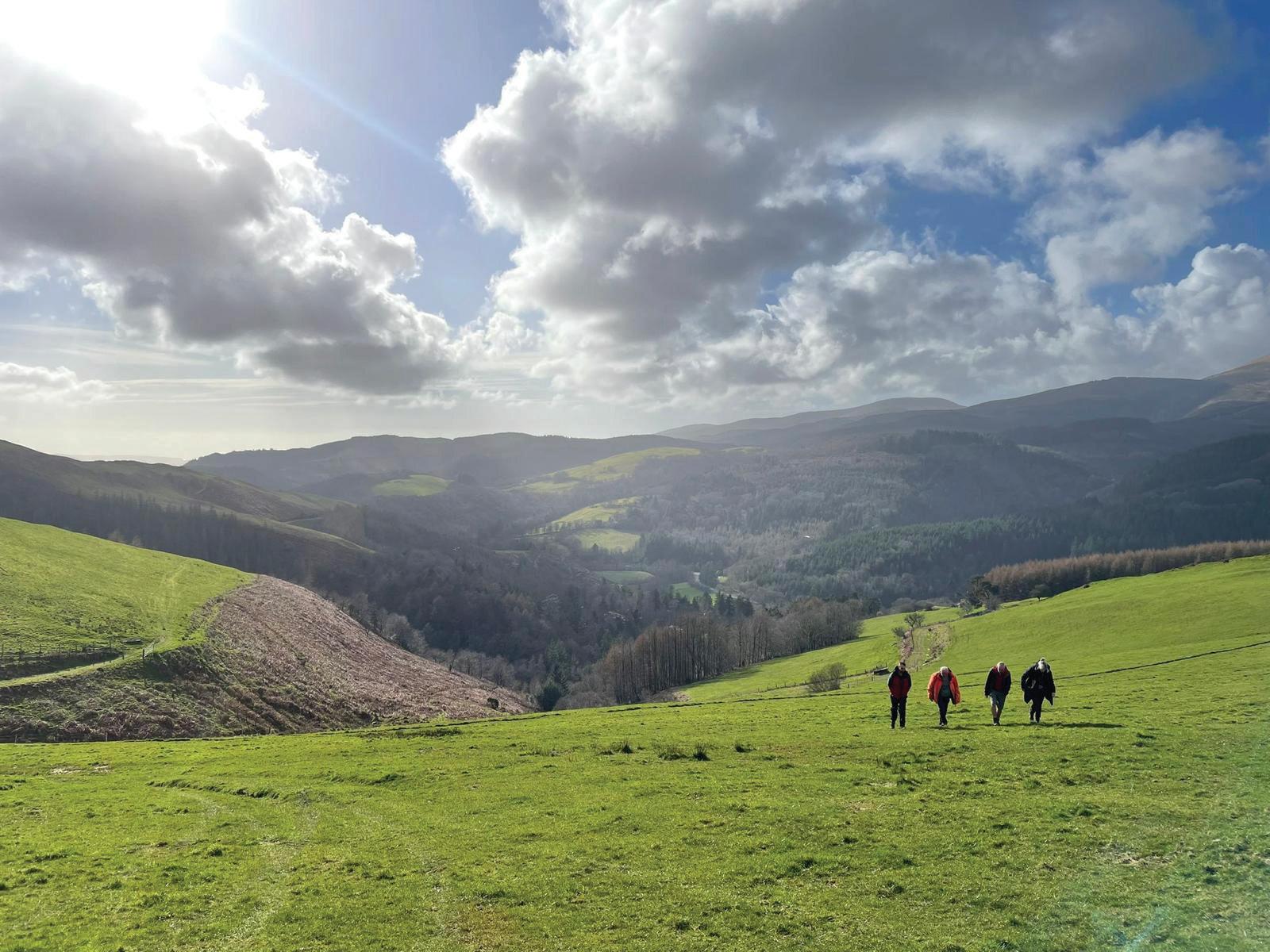


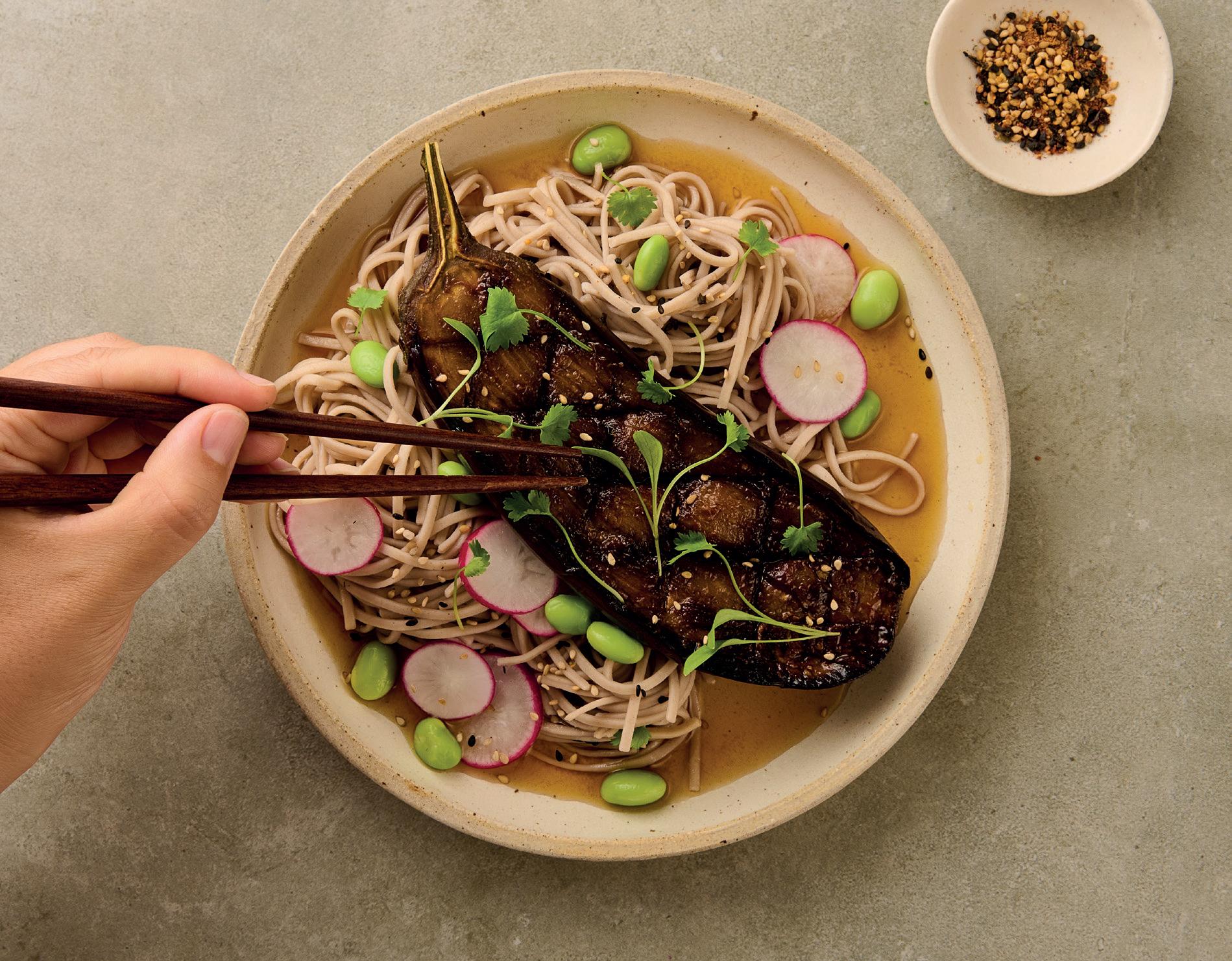

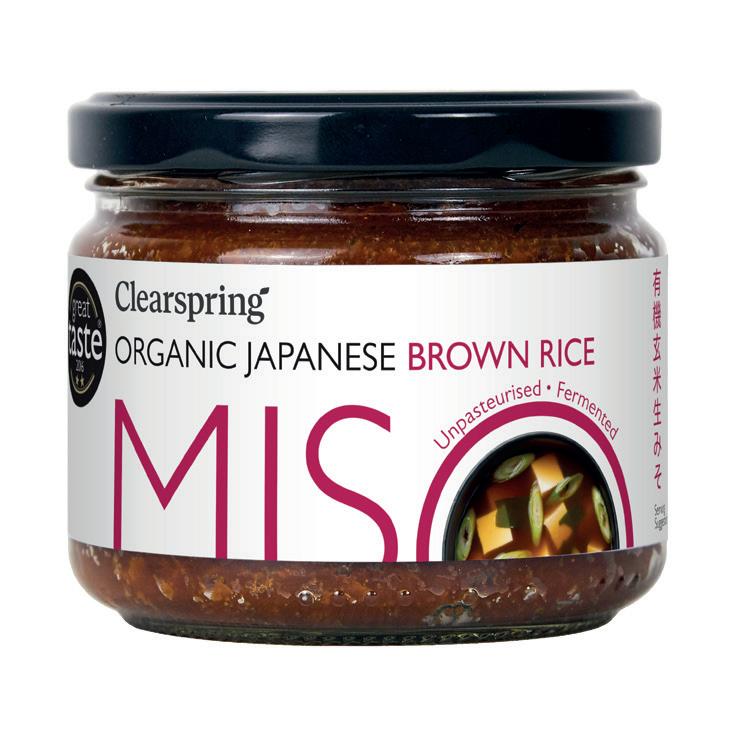
From Japan, traditionally fermented
Clearly Authentic, Clearly Delicious
Laura Harvey-Morris - Soil Association Marketing Officer and farmer’s daughter – reflects on this year’s Groundswell Festival
Have you ever seen a cow skip? Neither had I until I saw a herd joyfully bounding through the fields at Groundswell Festival this year.
Bees hummed, butterflies bobbed, and wildflowers swayed while ancient trees stood proud in the pastures. It felt more like stepping into the pages of a 20th-century novel than a snapshot of modern-day farming, which is a telling sign of how rare this type of farming has become. The whole farm brimmed with life, making it the perfect backdrop for a festival all about reviving the art of farming in harmony with nature.
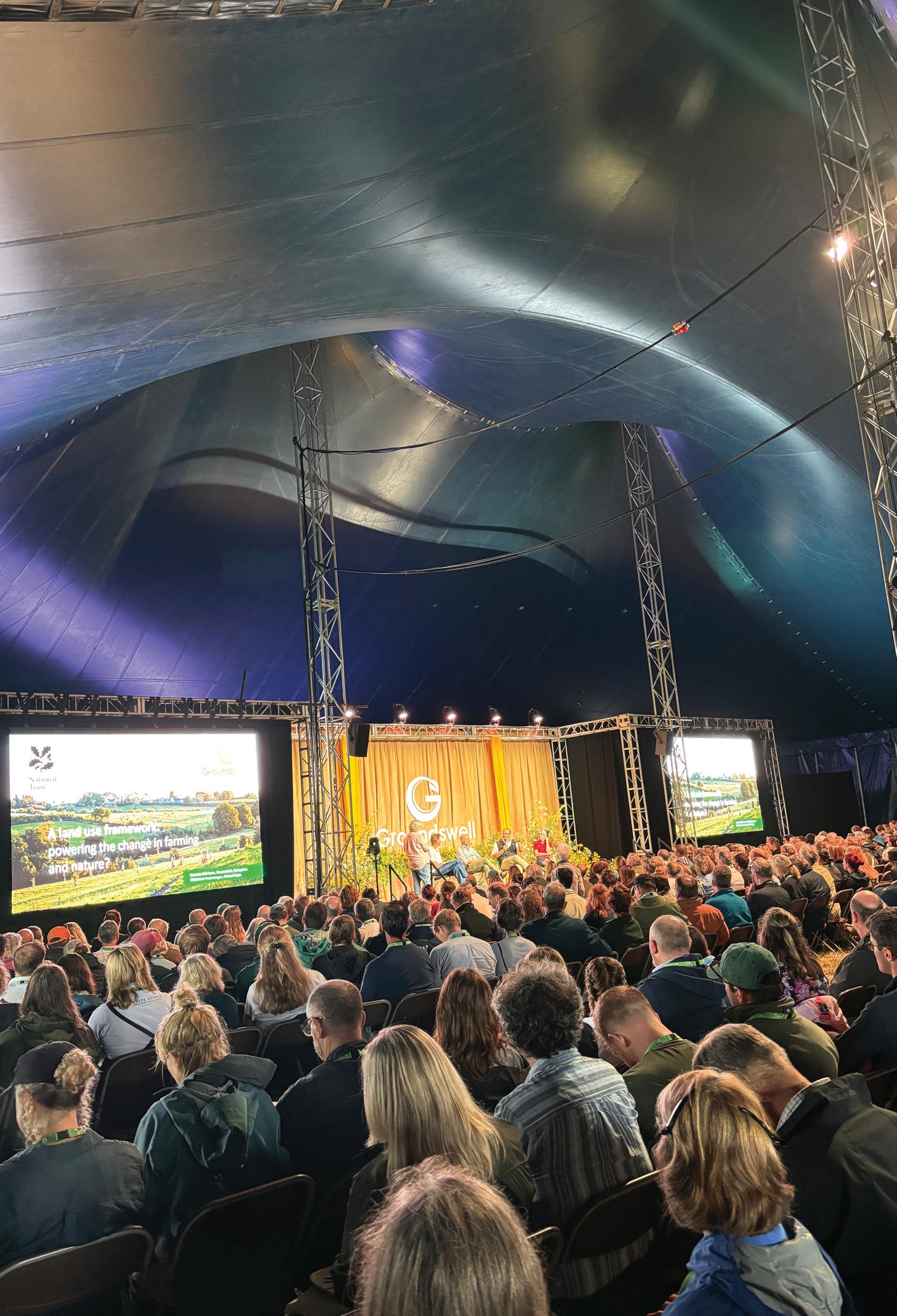
Held on a regenerative farm in Hertfordshire, Groundswell is no ordinary festival. It brings together farmers, scientists, chefs, landowners, campaigners and more, to talk soil and the future of food. Regenerative farming means working with nature to rebuild soil and leave the land better than we found it. Organic is the gold standard of this approach, and at the Soil Association, we’ve been championing it for nearly 80 years.
This year’s big question: nature-friendly farming works, but how do we take it mainstream?
When you give nature space, it gets to work.
Did you know that we’ve lost 97% of our wildflower meadows in the UK since the Second World War*?
Storytelling was a powerful thread throughout the festival, with honest, sometimes heartbreaking reflections on the nature lost and the life that’s slowly returning.
In a session on shifting baselines, our CEO Helen Browning reflected on how our sense of nature’s abundance fades with each generation. The idea is simple but sobering: each of us grows up thinking the wildlife, landscapes and sounds we experience are “normal,” even if they’re far less rich than they were a generation or two before. Over time, those losses stack up quietly, and we stop realising just how much has gone. We forget what a forest once sounded like, or a meadow once looked like.
But there was hope too! And joy. Farmers shared the thrill of hearing the ‘wheee-whee-chirrup-wheee’ of a skylark they haven’t heard in years, or spotting rare butterflies returning to their woodlands. These aren’t sentimental stories. They’re practical observations from people learning, often through trial and error, that when you give nature space, it gets to work.
Coming from a farming family myself, I feel proud that we’re helping bring life back to the land. A barn owl returned to one of our barns recently, which was a small moment in the grand scheme of things, but a meaningful one too. It’s nice to know that others across the country are having similar experiences.

Of course, change isn’t easy. Transitioning to nature-friendly farming takes time and carries risk: it can take up to six years before profits recover. Few can do that alone.
That’s where the Soil Association comes in. We’re standing shoulder to shoulder with pioneering farmers - pushing for policy change, supporting practical transitions and making the case for a healthier, more resilient food system. And this is all down to your regular support, as members you’re making a nature friendly future possible.
At Groundswell, the challenges were laid bare, but also the optimism and unifying sense of momentum behind our mission. Our tent was a constant hive of activity
As the sun dipped behind the fields, Andy Kato of Groove Armada fame (now also a regenerative farmer) took to the decks. People danced, talked, and unwound.
No wonder the cows looked so happyand the rest of us left a little lighter too.
*Natural England, 2020
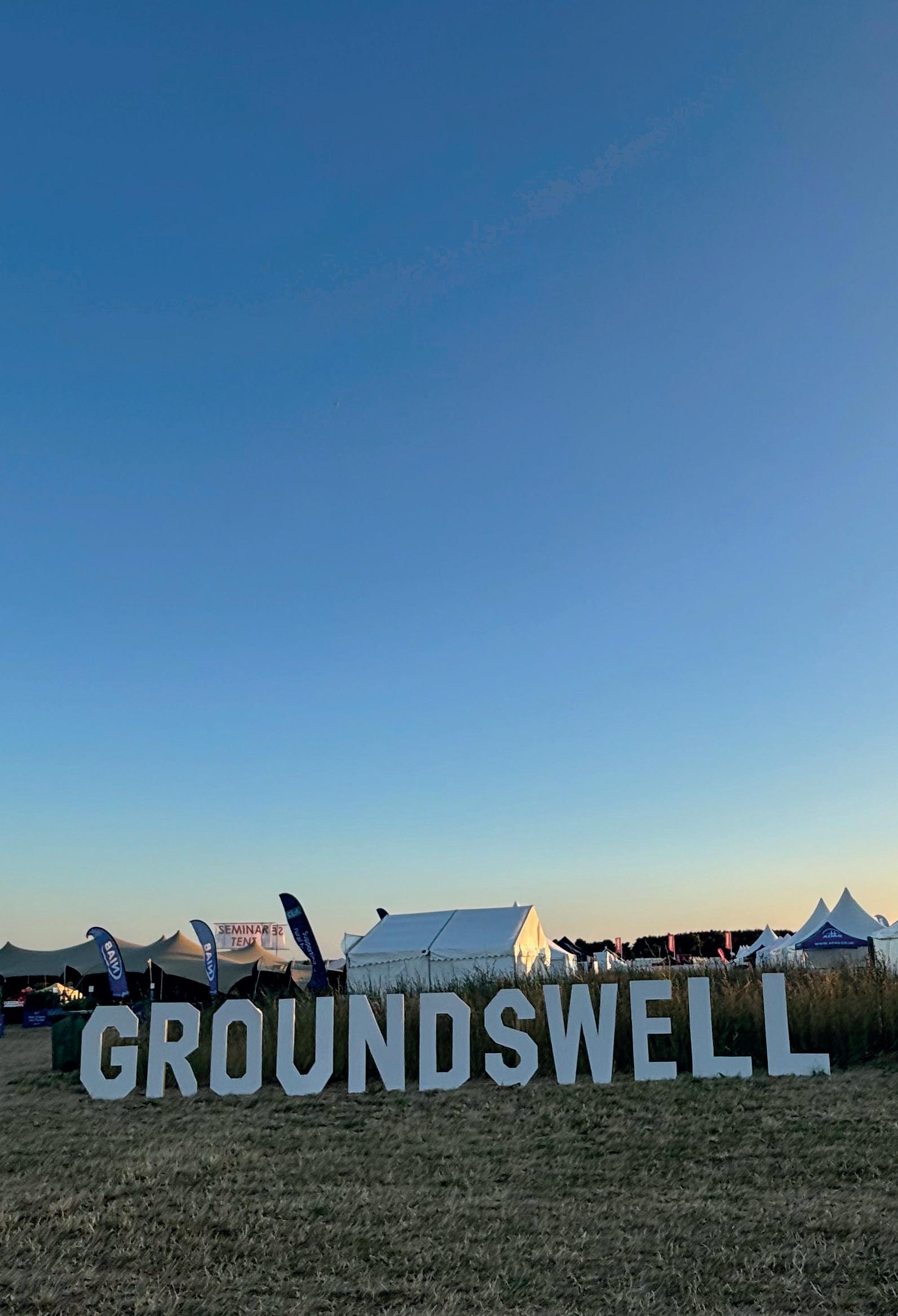
Groundswell Festival – the largest independent festival of its kind - is for farmers, growers, and everyone interested in food production and the environment to learn about regenerative farming. We like to refer to it as the ‘Glastonbury of farming’!
Every year, the Soilie team head to Hertfordshire to represent the Soil Association and our mission, share our expertise in panel discussions and workshops, and to learn from others working for a better future of food and farming. There’s also the opportunity to dance at the ‘Earthworm Arms’ with Groove Armada frontman Andy Cato!
Policy Officer Hannah Blitzer shared her highlights, and they all followed the theme of future-proofing our food systems. From Steve Reed joining a panel discussing Labour’s First Year to escaping the glyphosate dependency, the talks and workshops ignited a passion for change and the need for greater ambition in its delivery.



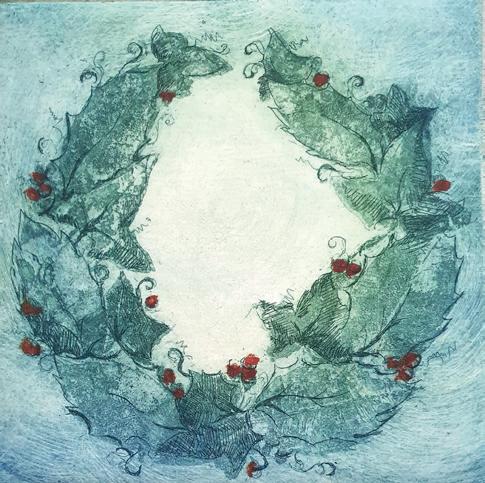
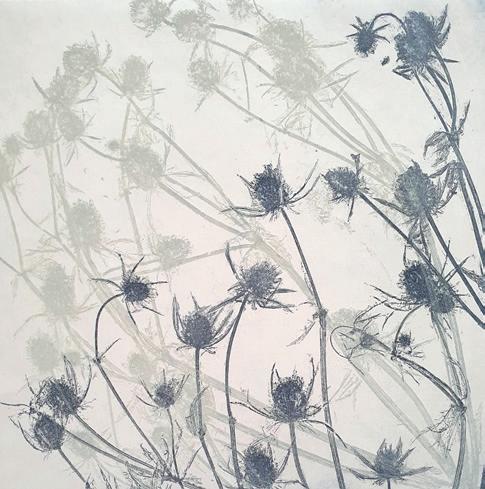



For the entire range of Soil Association cards visit the Ethical Shop
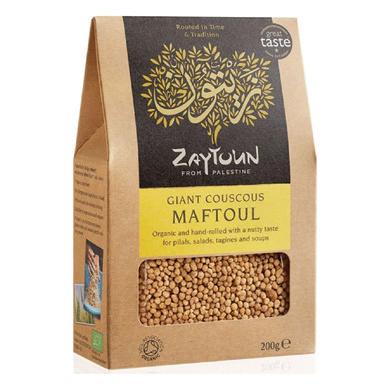

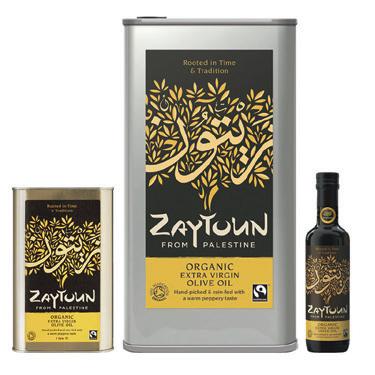
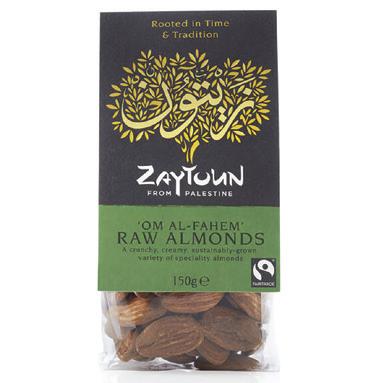
Use code SA25 to claim FREE P&P on orders over £50
Valid until 1st November 2025
A new series of cards by artists from Oxford Printmakers Co-operative in support of the Soil Association £4.95 per pack of 8
The Ethical Shop is great for eco and organic gift and household ideas, plus a range of goods from Zaytoun supporting Palestinian farmers
Our Annual General Meeting will be on the 13th November 2025, and we’re excited to share our updates from the last year and a look ahead for 2026. We’ll have a host of guest speakers and the opportunity for you to share your questions and feedback. We’ll be holding our AGM online again to allow more of our members to attend and to increase its accessibility, sustainability and cost-effectiveness. You can register for your free place now by scanning this QR code or visiting, soilassociation.org/agm 13th Nov

We are seeking a number of committed individuals to join our Board of Trustees. If you share our values and have the time and skills to contribute, we’d love to hear from you.
We’re particularly keen to recruit people with expertise in:
• Food procurement, supply chains (especially in the public sector) and sustainable sourcing,
• UK public health policy, particularly in relation to diet, nutrition and food or
• strategic-level charity fundraising
We would also value skills in community engagement. If you haven’t got any of these specific skills but you have other experience that would be of value to our work, please do still get in touch.
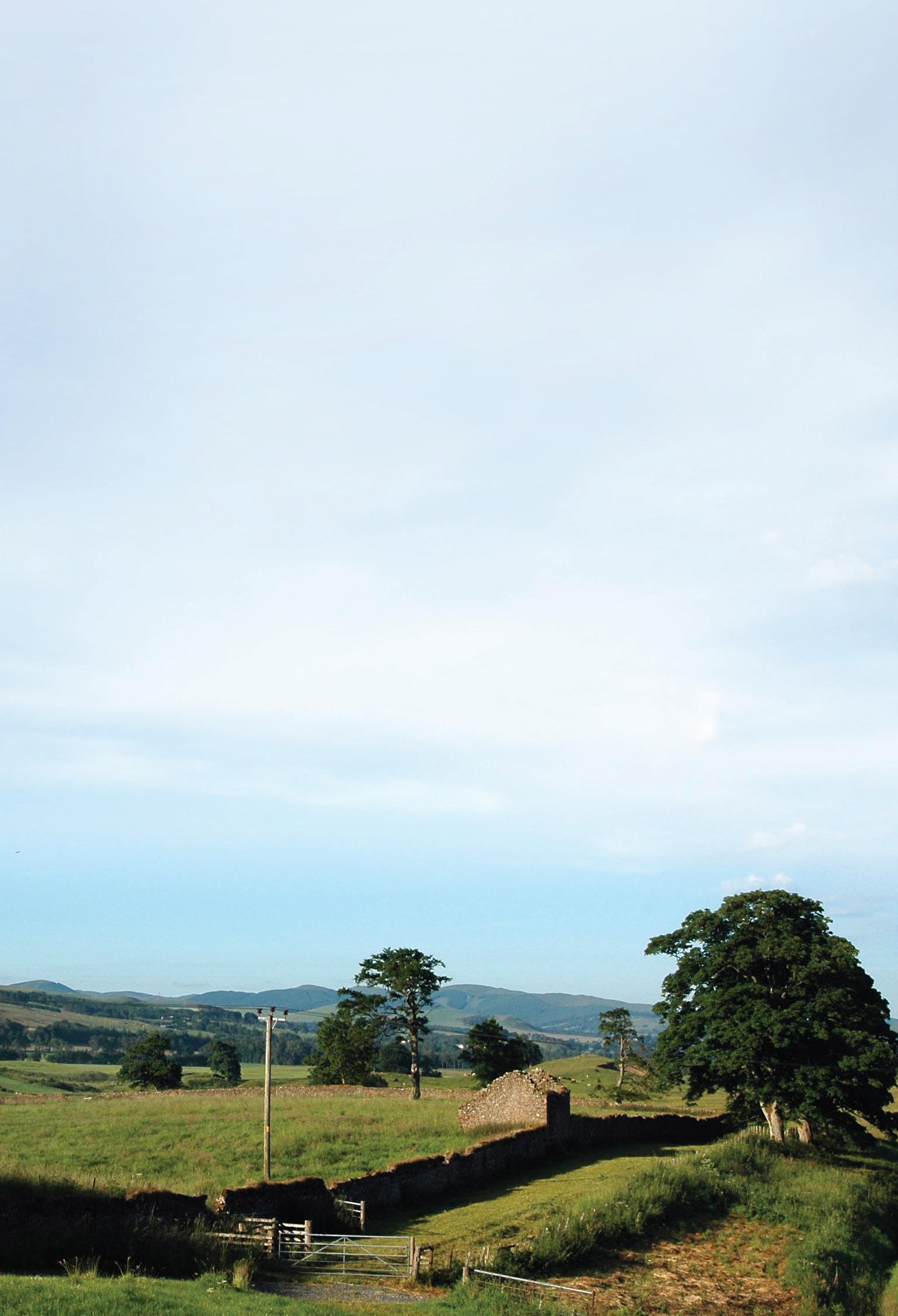
We are actively working to build a more diverse and inclusive Board. We warmly welcome applications from communities currently underrepresented. If you haven’t been a trustee before, that’s absolutely fine – we can offer support and training to help you succeed in the role.
This is a pivotal time to get involved. We’ve set ambitious goals to support the transition to agroecological and organic farming and forestry, and to promote healthy, sustainable diets for everyone. With nearly 80 years of experience, our work is increasingly recognised as essential in tackling the climate, nature and health crises.
To learn more about our inclusive approach, bold vision, and the breadth of our work, visit: www.soilassociation.org/strategy
To find out more about these roles and how to apply please visit: soilassociation.co/become-a-trustee
Applications will close at 23:59 Wednesday 8th October 2025.
To arrange an informal conversation or in case of any other queries, please contact madeline.schieber@nurole.com



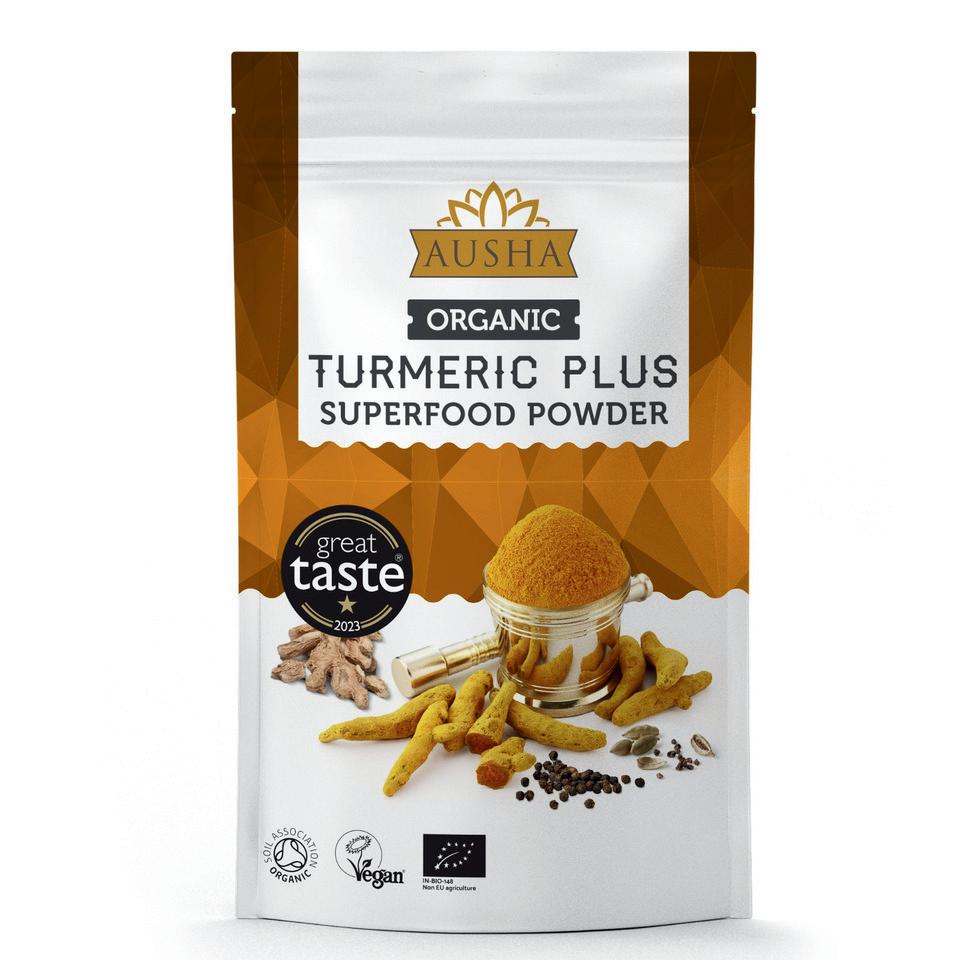

















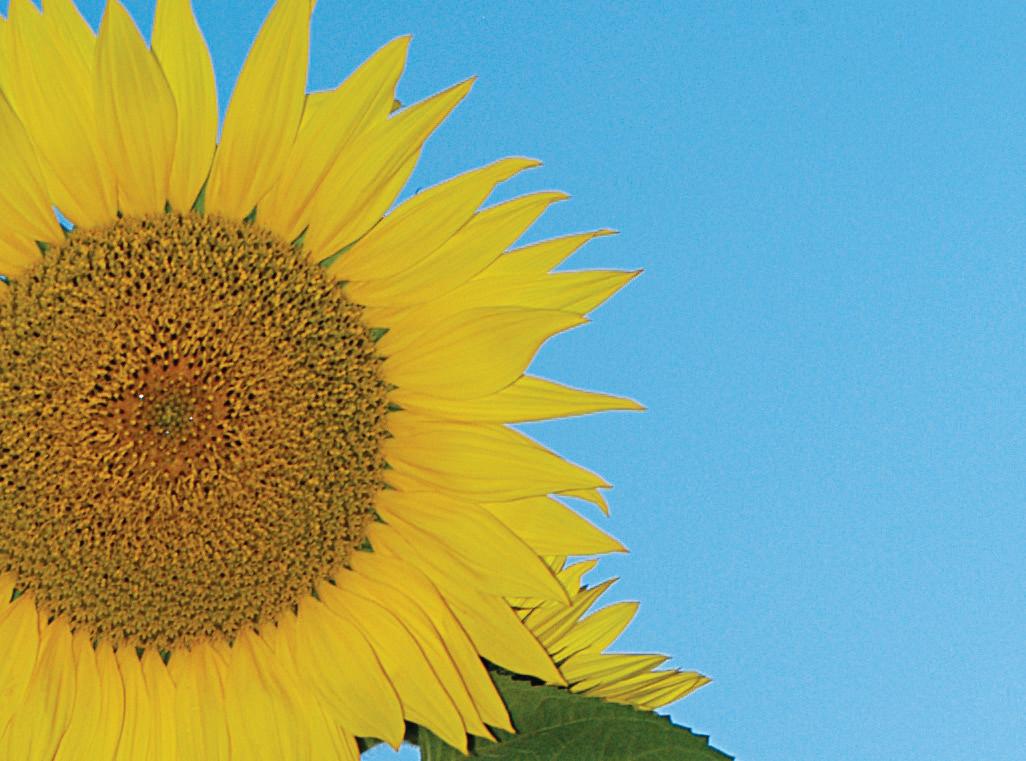



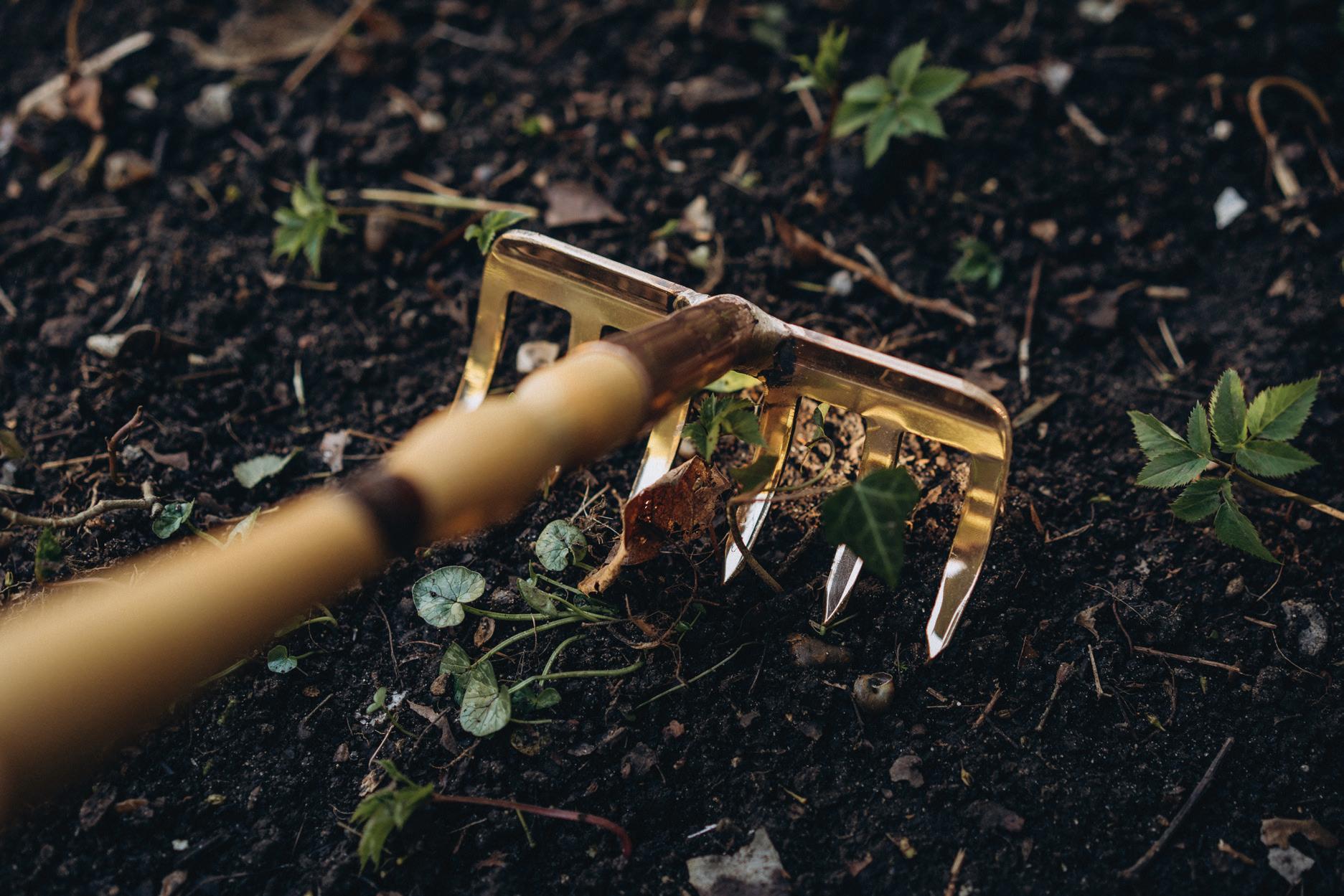

Alice Kouassi Aya, a cocoa farmer in Ivory Coast, has transformed her life as a member of ECOOKIM, a co-operative supported by Shared Interest for nearly ten years. Before joining ECOOKIM, cocoa failed to provide financial stability, but now Alice enjoys a reliable income.
Established in 2004, ECOOKIM is one of the largest Fairtrade-certified cocoa organisations in Ivory Coast, with over 37,000 members. Shared Interest provides fair finance to ECOOKIM, enabling them to reach more farmers, purchase more cocoa and invest in essential vehicles, equipment and training.
Alice told us:
“With the [Fairtrade] bonus money I received, I built my new house.”
By joining our community of 11,800 members, your investment makes stories like Alice’s possible – not just once, but again and again.




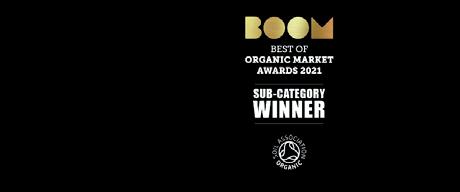
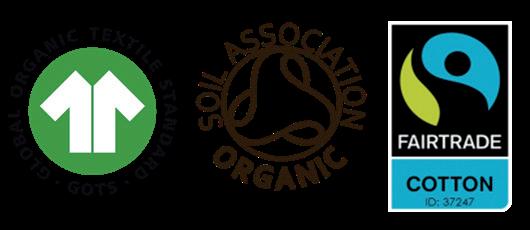
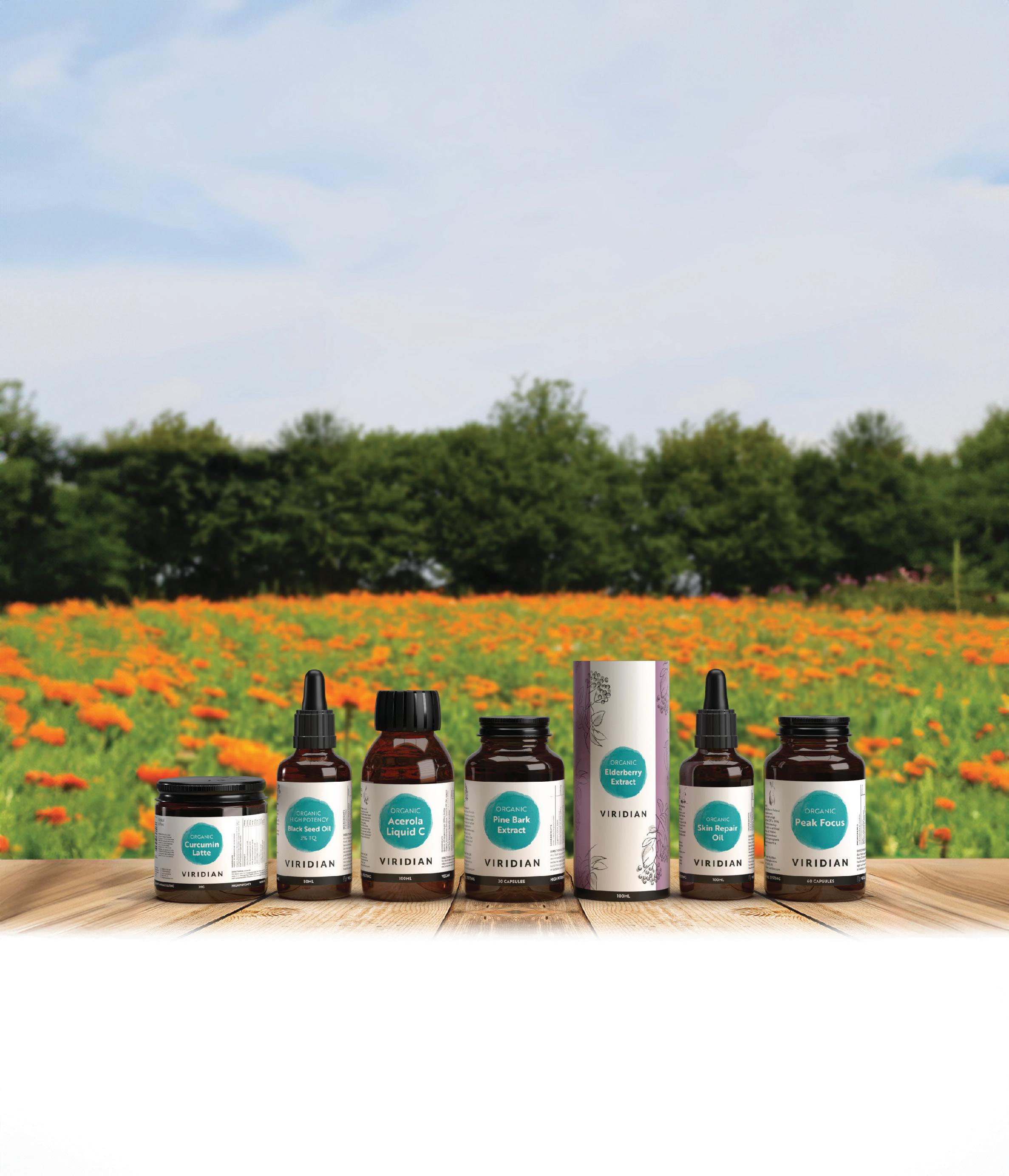
One of our organic calendula fields
Some of our organic pr oducts
CHOOSE FROM OVER 80 PRODUCTS IN THE LARGEST RANGE OF ORGANIC SUPPLEMENTS
All e thic ally source d and Soil Asso cia tion cer tifie d.
